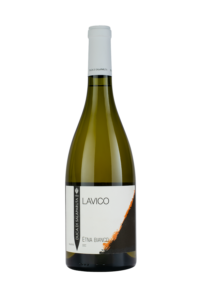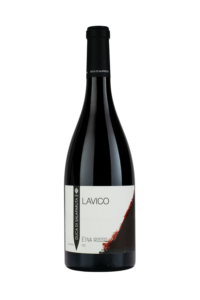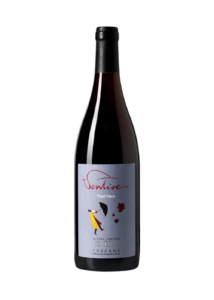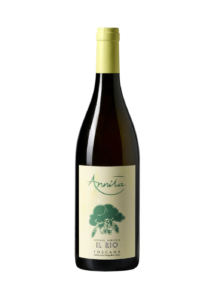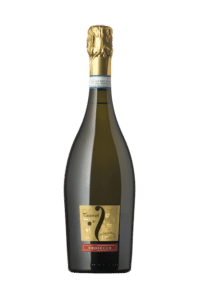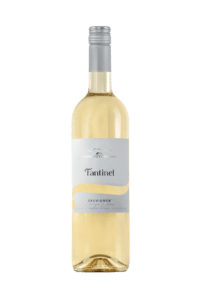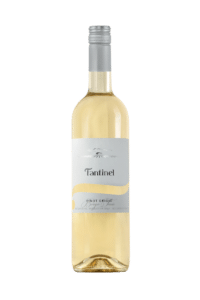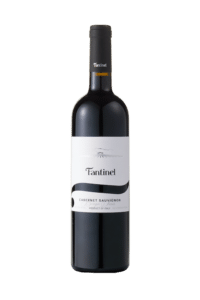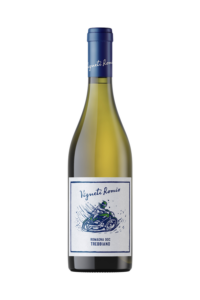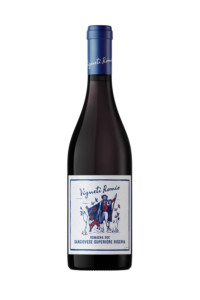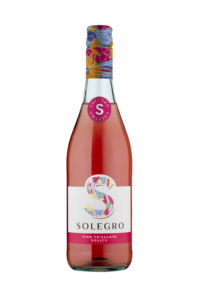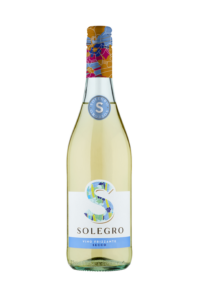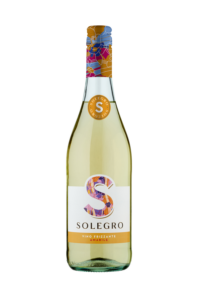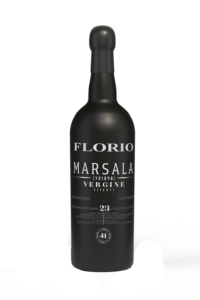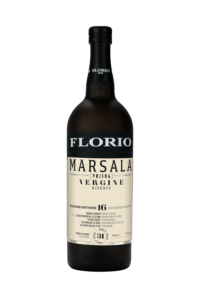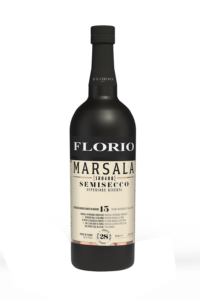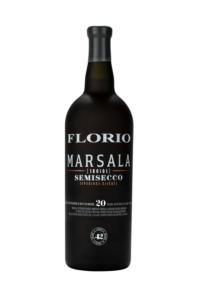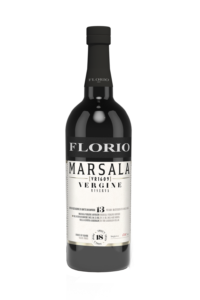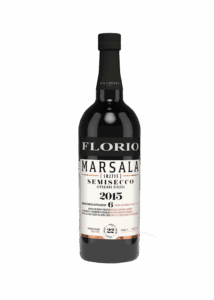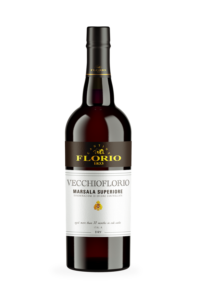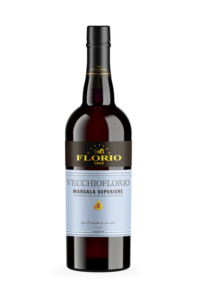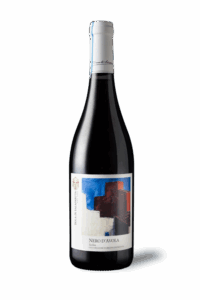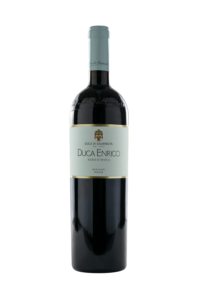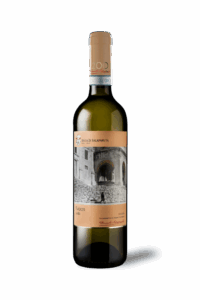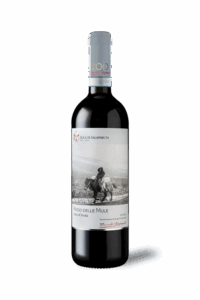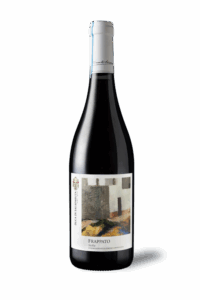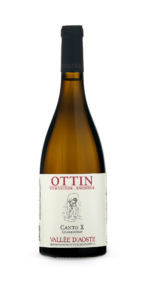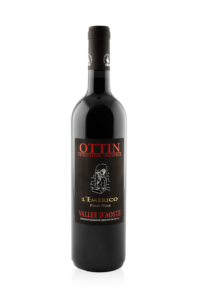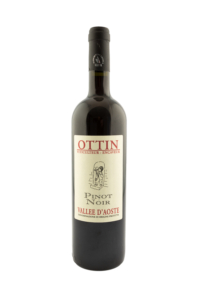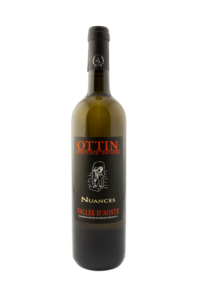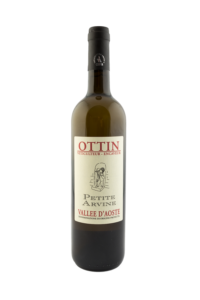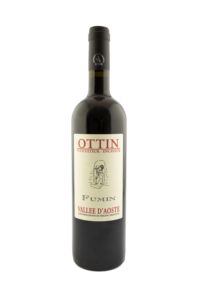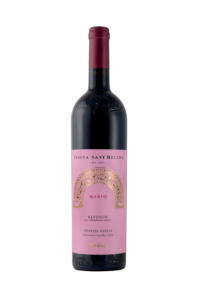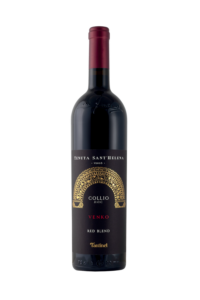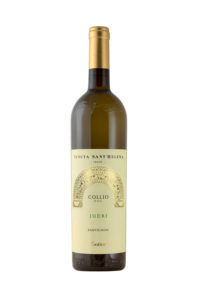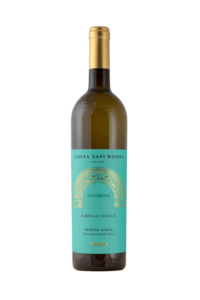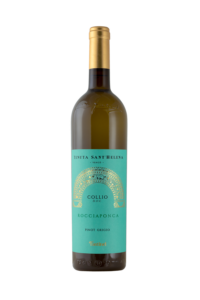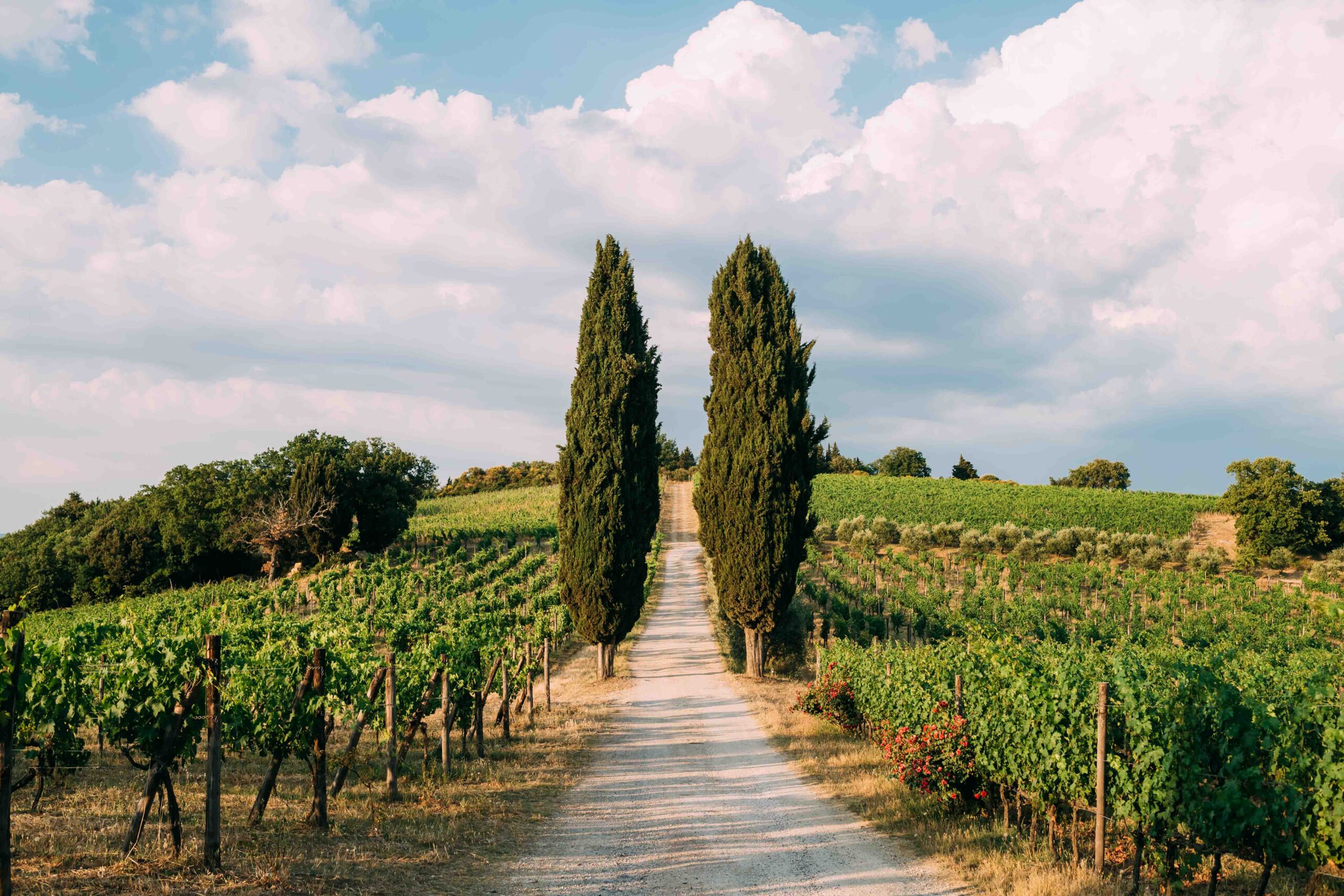
Montefili
Perched on a hilltop in Chianti Classico, Montefili produces high-altitude, low-intervention wines that reveal the purity and depth of Sangiovese. Its first vines, planted in 1975, are still thriving today, yielding fruit of remarkable vitality.
At the heart of Montefili is Serena Gusmeri, visionary winemaker and interpreter of nature, who joined in 2015. Serena brings a unique, deeply terroir-driven, sustainable approach to winemaking at Montefili, standing on the shoulders of the Tuscan wine greats who came before. She continues to guide the vineyards through both technological and manual interventions to enhance plant health, biodiversity, and ecosystem vitality.
Part of Italy’s first bio-district, Montefili practices organic (non-certified) viticulture and is a recognized DiversityArk company, giving more back to the land than it takes.
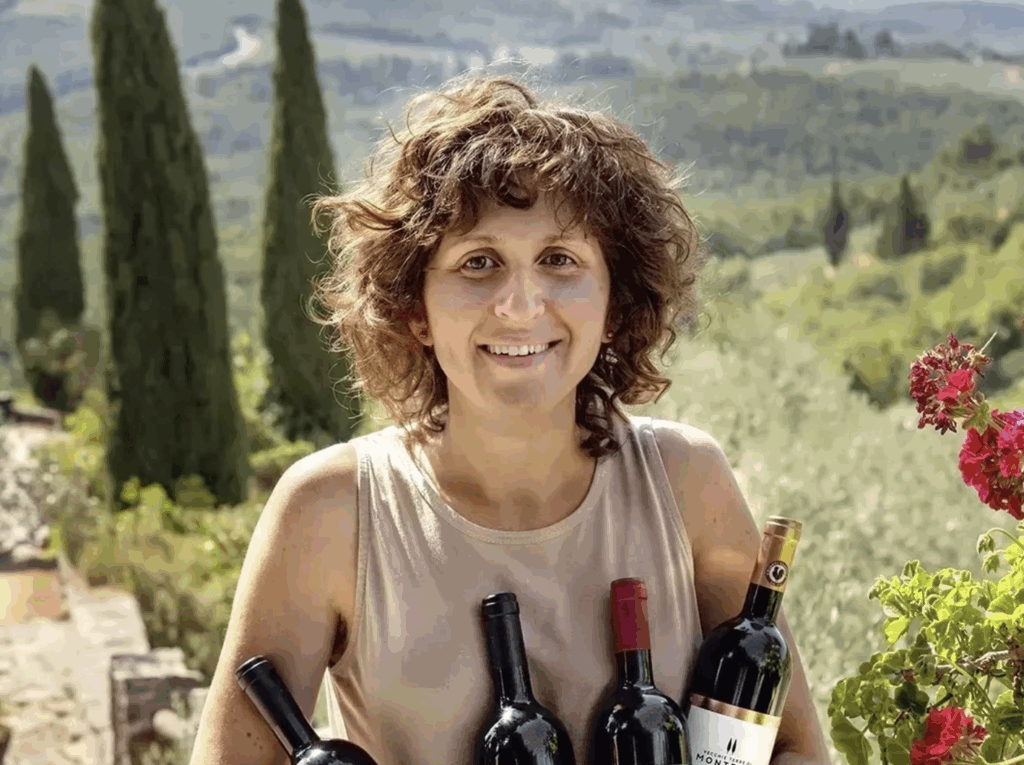
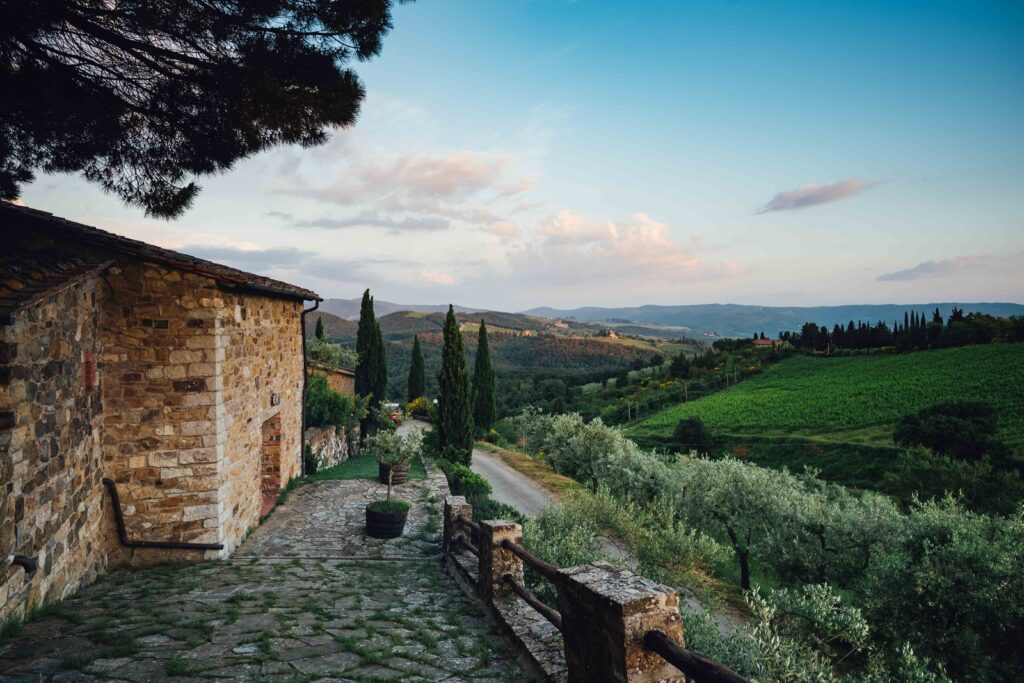
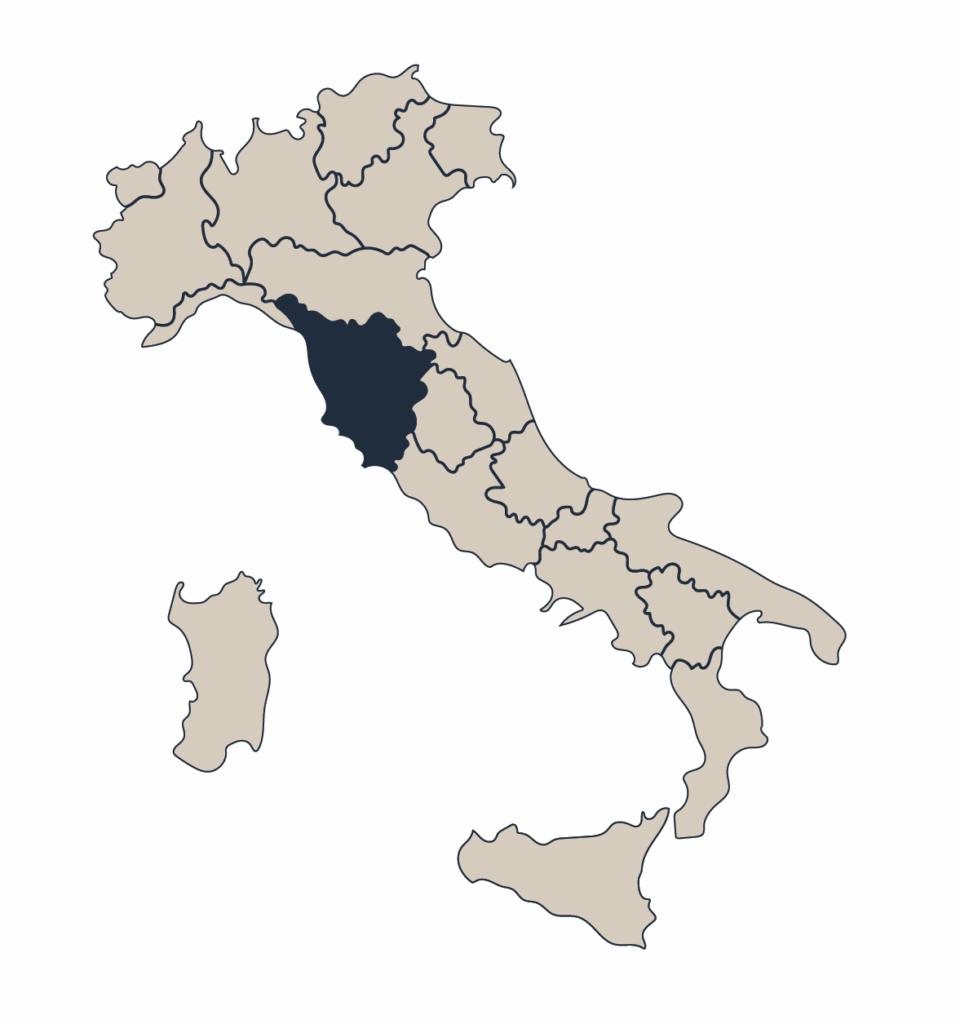
12.5 hectares
1975
Organic (non-certified), sustainable, parcel-specific
Pietra Forte, Alberese, and Schistose Clays with prevalent Galestro
Montefili Wines
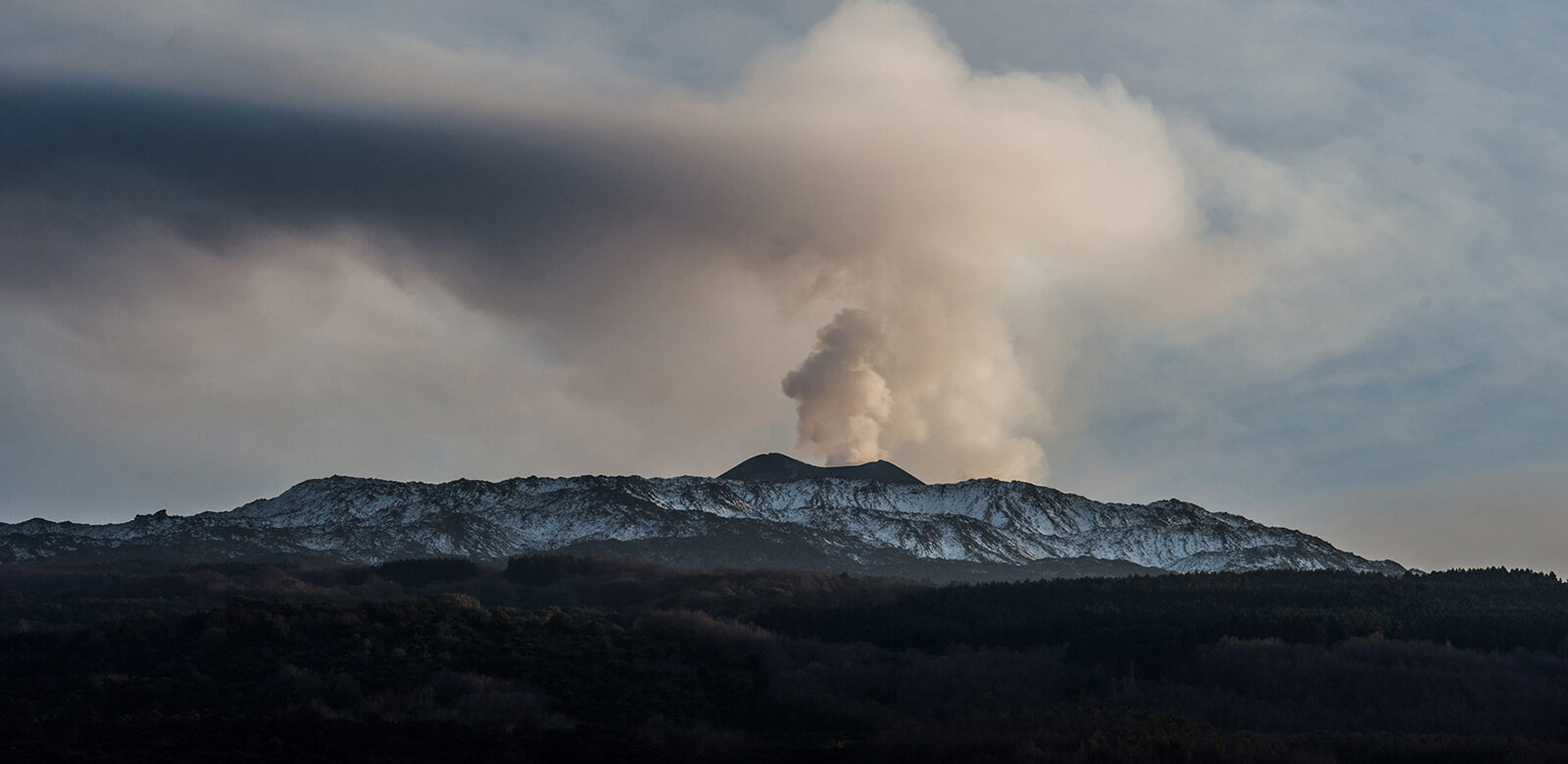
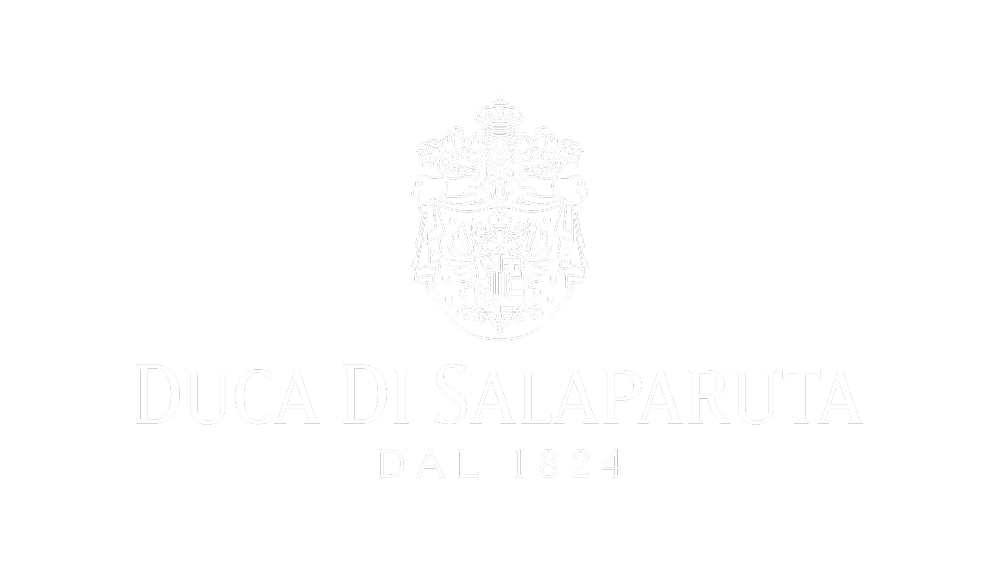
Tenuta di Vajasindi
The Duca di Salaparuta Group, gathered together by the Reina family, consists of three historic wine brands (Duca di Salaparuta, Corvo, and Florio) and today constitutes the largest private wine group in Sicily. Duca di Salaparuta was founded in 1824 and has been a leader in Siclian wine and innovation. In the 1800s, the wine in Sicily was big and powerful. The Duke of Salaparuta, Giuseppe Alliata, who was also Prince of Villafranca and Prince of the Roman Empire, decided to produce a delicate and elegant wine from the grapes of his own estate located in Casteldaccia, thus creating the company’s first wines. Giuseppe’s son, Duke Edoardo, focused on making wines that were more pleasurable, working in the vineyards rather than just the cellar. The rest of Sicily began to mimic this approach in the vineyards, and because of this, the wonderful wines of Sicily have grown into what is now their world stage. With a third generation, Duke Enrico followed in his family’s footsteps and his studies were the basis for what is currently their most iconic product, Duca Enrico, whose first vintage was bottled in 1984. When the Sicilian wine landscape was represented by cheap wines, Duca Enrico represented a revolution in Sicilian wine history.
Duca di Salaparuta makes wine across three different Estates: Vajasindi Estate, Suor Marchesa Estate, and Risignolo Estate. The Vajasindi Estate in northeastern, or “north oriental,” Sicily is located on the slopes of Mount Etna on the side of the Alcantara valley. With 21 hectares of land divided into two terraces sitting at 700 meters and 620 meters above sea level, its position on the northern slopes of the volcano foster a unique microclimate: cold and snowy winters, cool springs, and dry summers. Soft, porous soils due to small pumice stone provide high draining capacity.
The Suor Marchesa Estate is in the Riesi area in central, southern Sicily, sitting on a gentle hill with wind exposure where the summers are very hot and the winters mild and short. With 127 hectares of vineyards, Nero d'Avola has been cultivated for centuries in this area. Chosen for its southern exposure, excellent ventilation and sunlight, and limestone soil composition, the grapes receive full ripeness, rich scent, and increased longevity.
The Risignolo Estate located in western, or “occidental,” Sicily in Salemi is 35 hectares of vineyards set in the sunny countryside chosen for its hillside position sitting between 300 and 350 meters above sea level. With mixed land tending to calcareous-sandy or siliceous-clayey soils, the climate is temperate with mild winters and very dry springs and summers, but with broad temperature differences. This plus proximity to the sea allows the land to avoid excessive heat and stimulate good ventilation.
Committed to environmental, social, and economic sustainability, the Duca di Salaparuta Group is the first company in Sicily to obtain two sustainability certifications: VIVA and Equalitas. The Duca di Salaparuta wine brand is truly a style icon choosing quality and naturalness created through a vigor for innovation and a bond with the terroir.
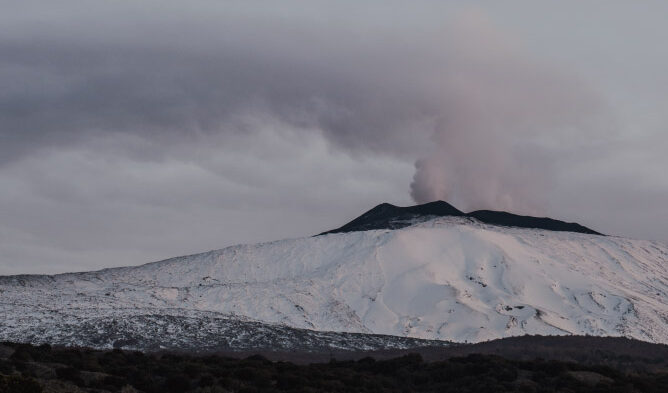
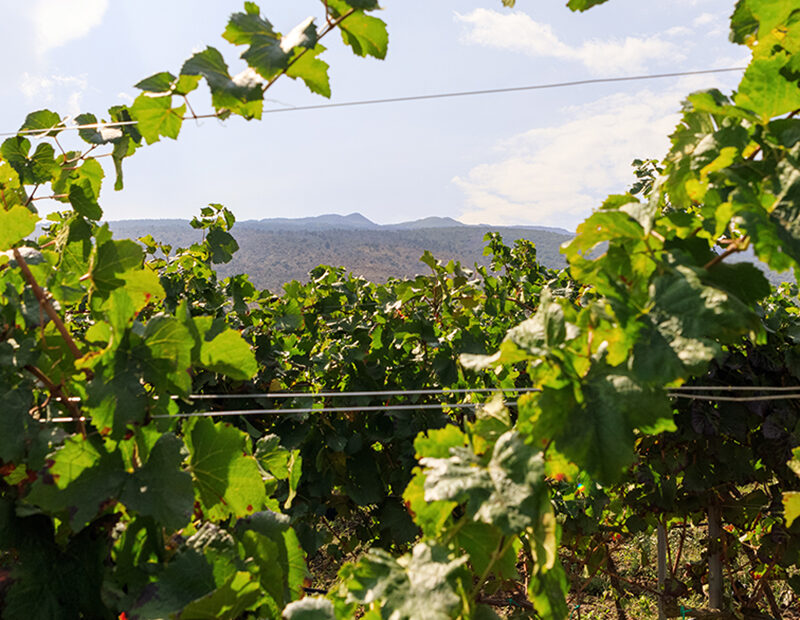
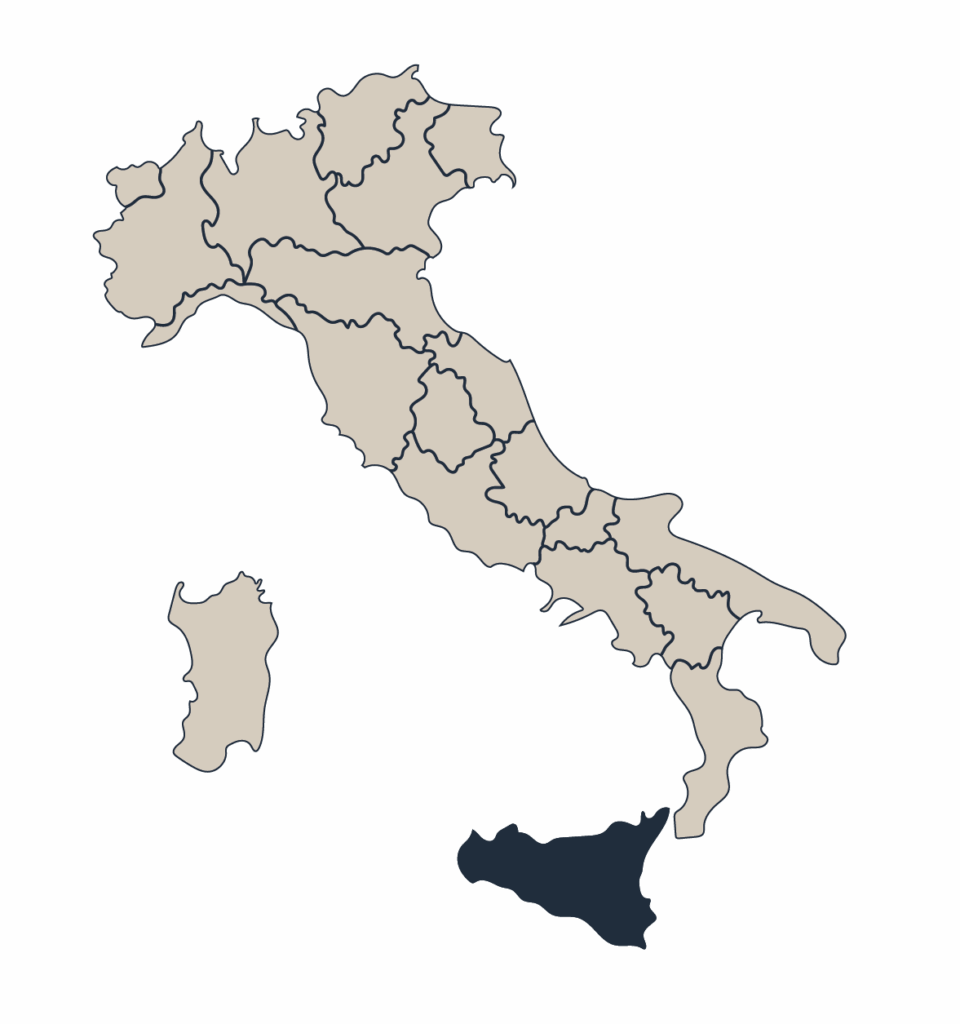
183 hectares
1824
Sustainable
Calcareous, Silice, Clay, and Volcanic Soils
Tenuta di Vajasindi Wines
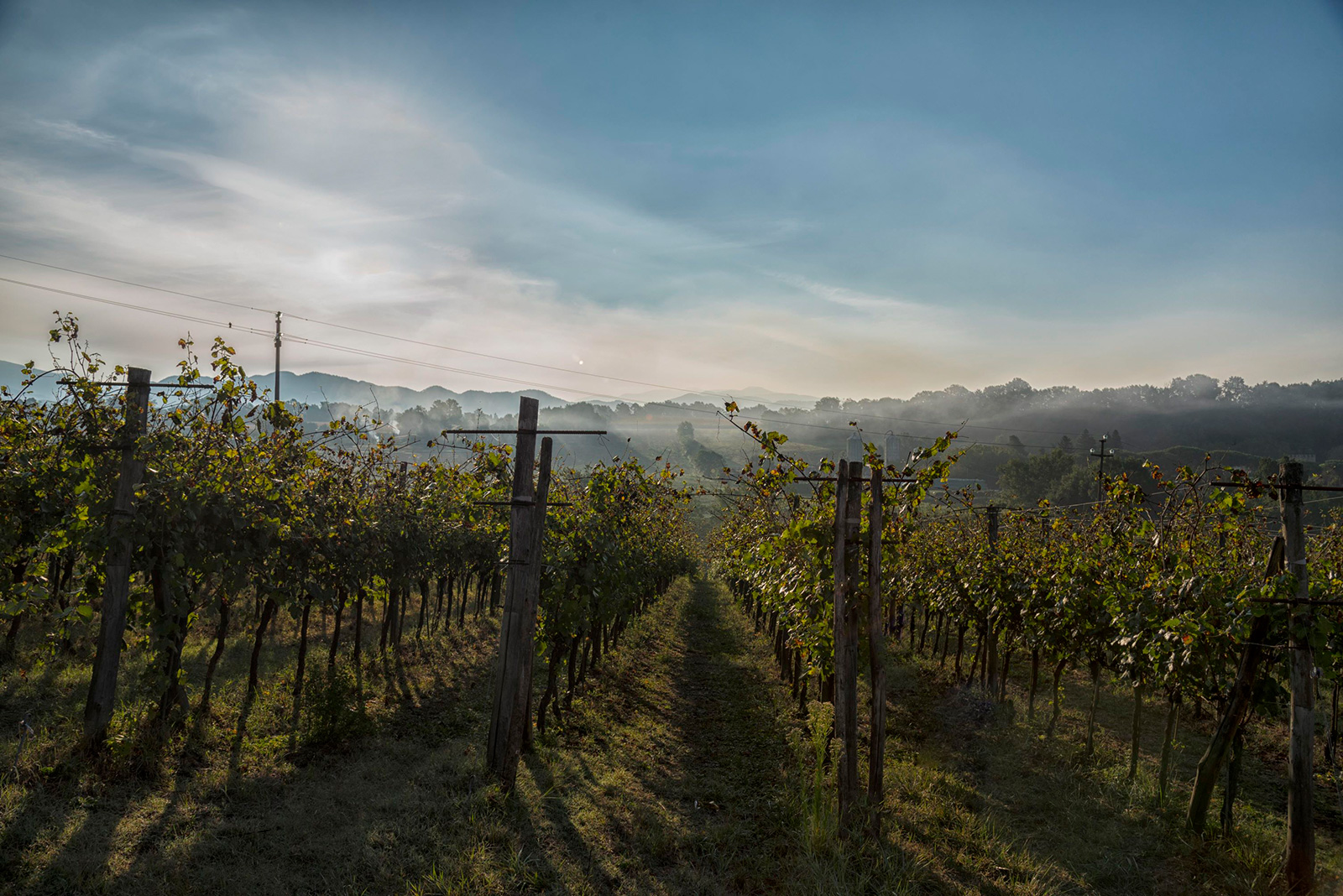
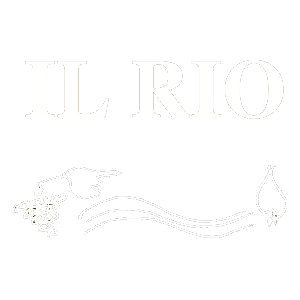
Il Rio
About an hour outside of Florence, nestled between the quaint town of Vicchio di Mugello and the picturesque Tuscan-Romagnolo Apennines, lies Il Rio Winery, founded in 2003 by Paolo Cerrini and his partner Manuela Villimburgo. Thanks to their hard work and dedication, Il Rio has become a beacon of excellence in a region not traditionally known for its viticulture.
Paolo, who spent his childhood cycling through the rolling hills of Mugello, found his calling in agriculture and winemaking in 1992, when he planted just 350 vines for family consumption. He began experimenting with northern grape varieties, betting on the unique pedoclimatic characteristics of the region such as clayey soil and continental climate with significant temperature variations between day and night that proved ideal for growing Pinot Noir, Chardonnay, and Sauvignon Blanc. Paolo and Manuela's hobby soon blossomed into a full-fledged business, supported by positive feedback in the late 1990s.
Vineyard management at Il Rio aims to minimize interventions in the cellar, focusing particularly on achieving excellent acidity and freshness in the wines. Fertilization is carried out using manure, and the ground is maintained with perennial grass and spontaneous herbs. Green pruning is strategically employed to balance the foliage and fruit, ensuring the grape bunches are not overly exposed to direct sunlight. Organic treatments are used throughout.
Such meticulous approach extends to the cellar, where minimal intervention techniques are employed to preserve the quality of the grapes. Must is transferred by gravity flow to minimize pump usage, and bottling involves vacuum corking with high-quality corks to prevent oxygen contact. Pinot Noir ages for about a year in wood, followed by another year in concrete tanks and 10-12 months in bottles. The white wines spend approximately 8 months in barriques and 10 months in bottles.
Il Rio’s dedication to non-invasive winemaking techniques and their focus on vineyard work ensures that each bottle reflects the true essence of Mugello’s terroir, making it a must-visit destination for wine (and motorsport) enthusiasts.
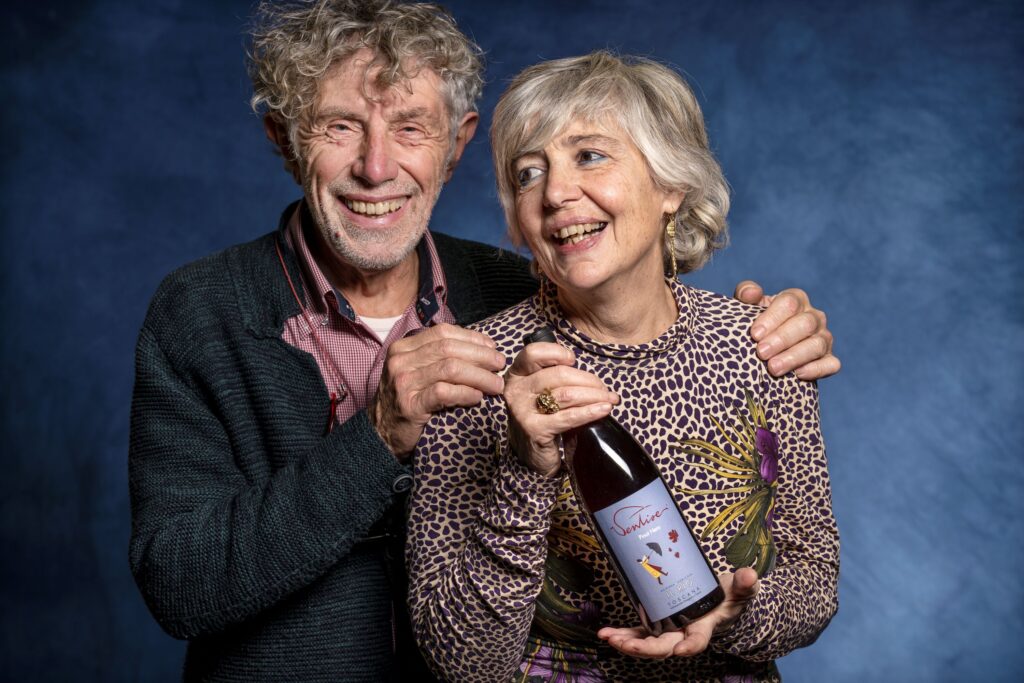
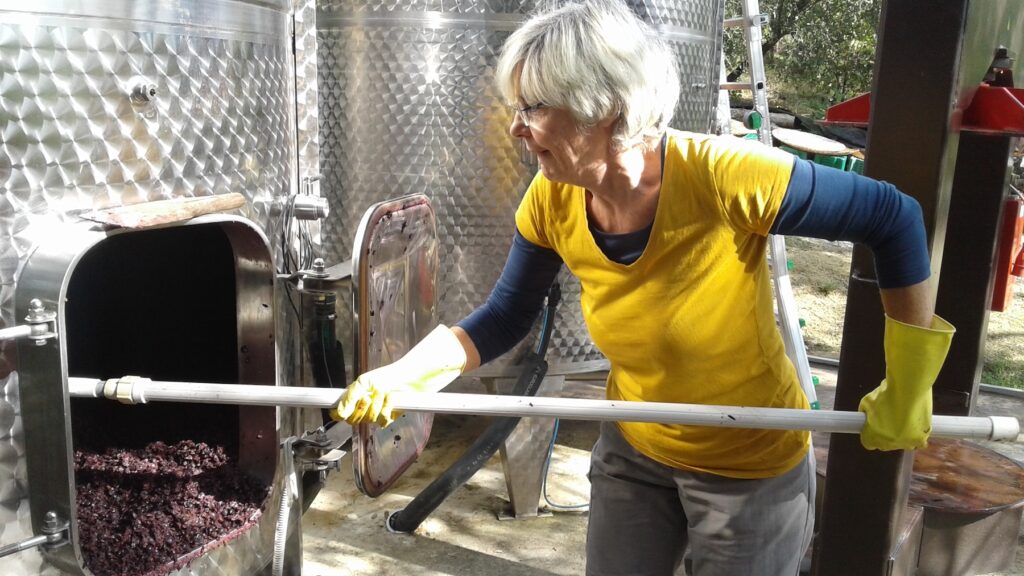

2 hectares
1992
Organic - Practicing
Clay
Il Rio Wines
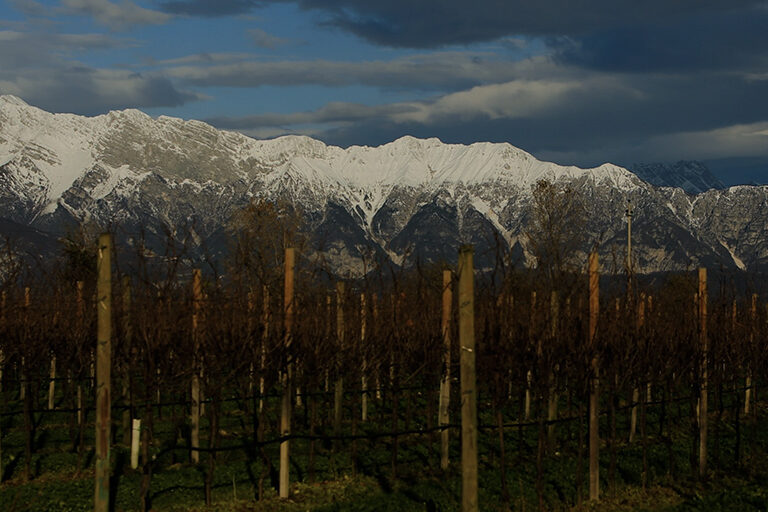
Fantinel
Fantinel was founded in 1969, when restaurateur and hotelier, Paron Mario Fantinel, acquired his first vineyards in the Collio area of northern Friuli. With now the third generation represented by Marco, Stefano, and Mariaelena, what started as a small agricultural company has become an internationally prestigious winery and ambassador of Friulian wine-making throughout the world. The philosophy of Fantinel is to employ passion, tradition, and innovation through a close bond with the origins and ancestral wisdom of Friuli, producing wines that embrace excellence and offer real emotions that convey the authenticity of the land.
Fantinel comprises a stunning lineup: beautiful sparkling wines, Borgo Tesis, the distinct estate of Tenuta Sant’Helena, and the crown jewel La Roncaia. Gaining success in over 90 countries at top-level, prestigious restaurants and specialized shops, Fantinel’s rapidly growing success is confirmed by remarkable reviews received by international press.
With over 300 hectares of vineyards divided into the renowned DOC Grave, Prosecco, and Collio zones, these unique terroirs and privileged areas with microclimates are ideal for the best maturation of the fruits and the highest expression of each vine variety, especially the valuable indigenous grapes. In addition, the Fantinel concept of wine-making includes the investments in cutting-edge technological solutions bolstering production with an environmentally sustainable approach — from the revolutionary fertilisation-irrigation system and the clonal selections in laboratory, to the advanced system of thermoregulation of steel tanks and the immense propriety of precious wood barrels. Fantinel’s “a-viticulture” features vines that grow according to natural rhythms, on the basis of the respect of the plant vegetative cycle and balance, giving birth to rich fruits and, naturally, to majestic wines.
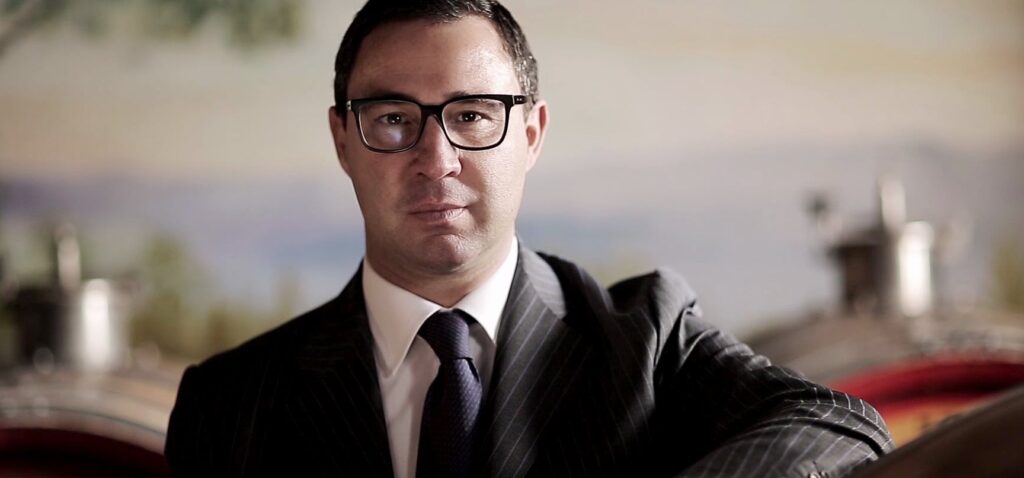
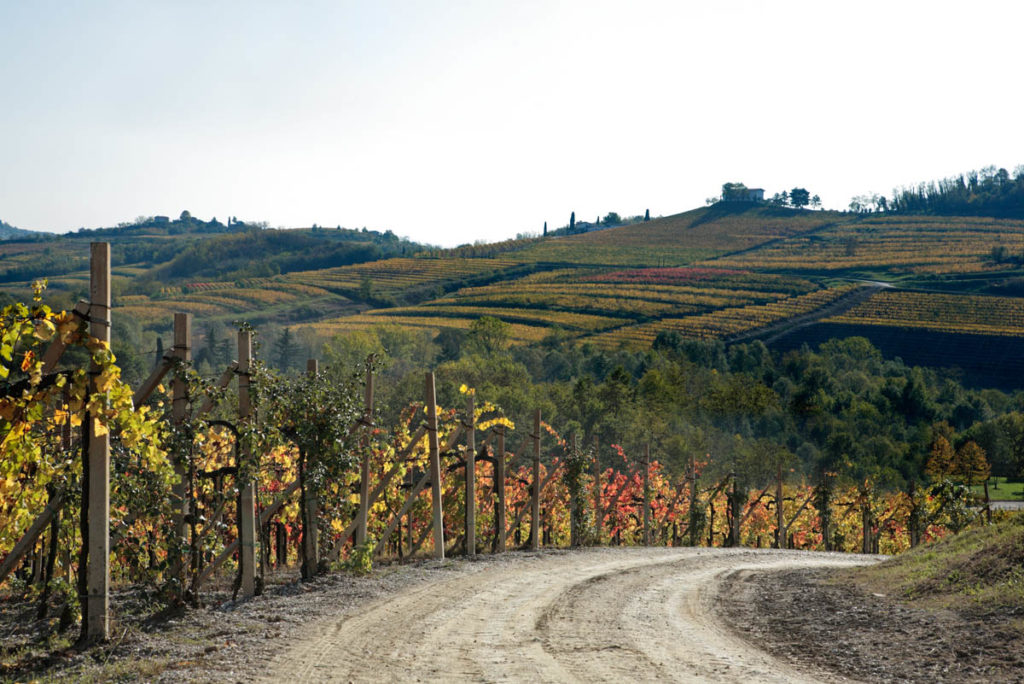
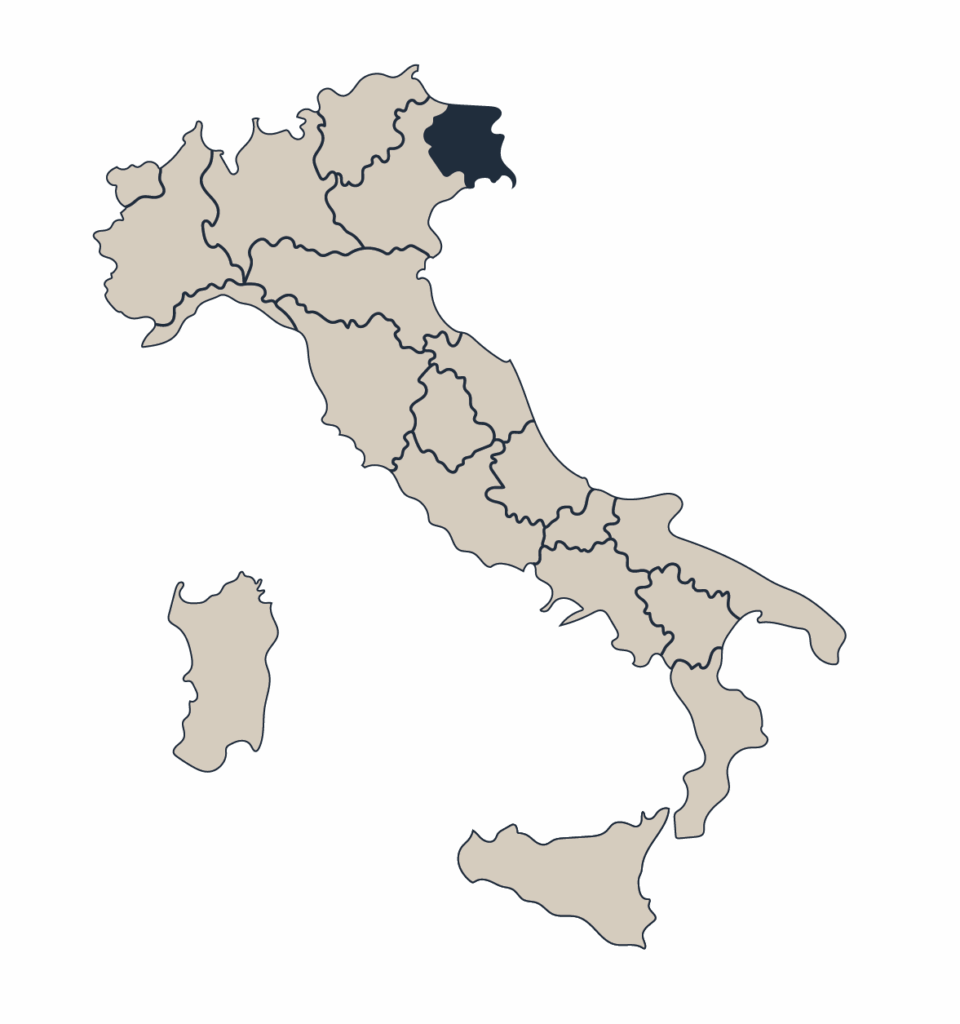
300 hectares
1969
Fantinel Wines
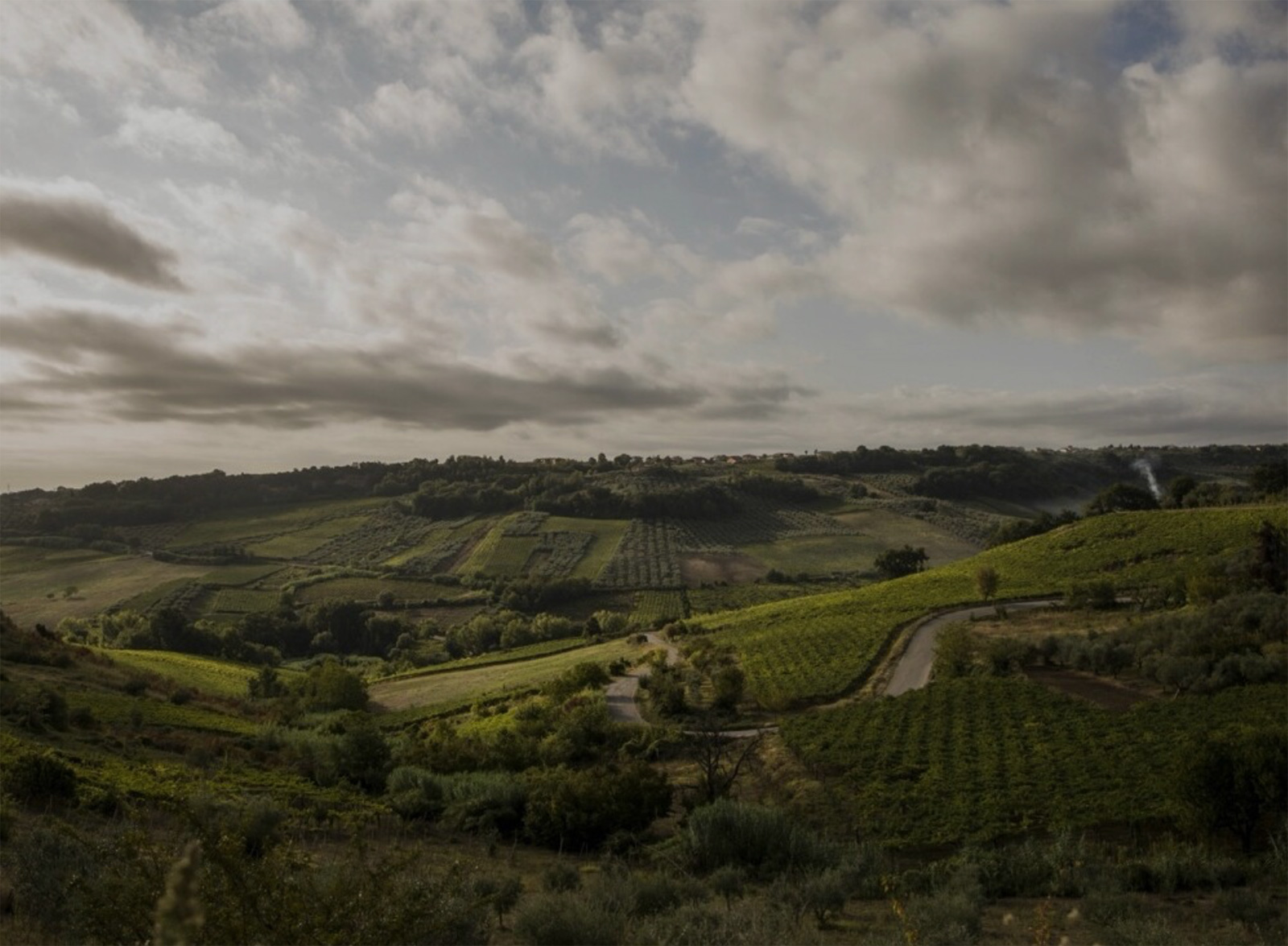

Vigneti Romio
For the Vigneti Romio line, Caviro has meticulously selected highly-regarded vine growers from Romagna and the finest grape varieties of the region, trusting in the winemakers that combine the most modern production processes and equipment with the experience gained over many generations. Every bottle conveys the history of Romagna, just like the wine it contains. The nature of this humble region, doting mother to all the varietals in this collection, is expressed through the archetypes of local culture depicted on the labels, each paired with the wine that best represents it.
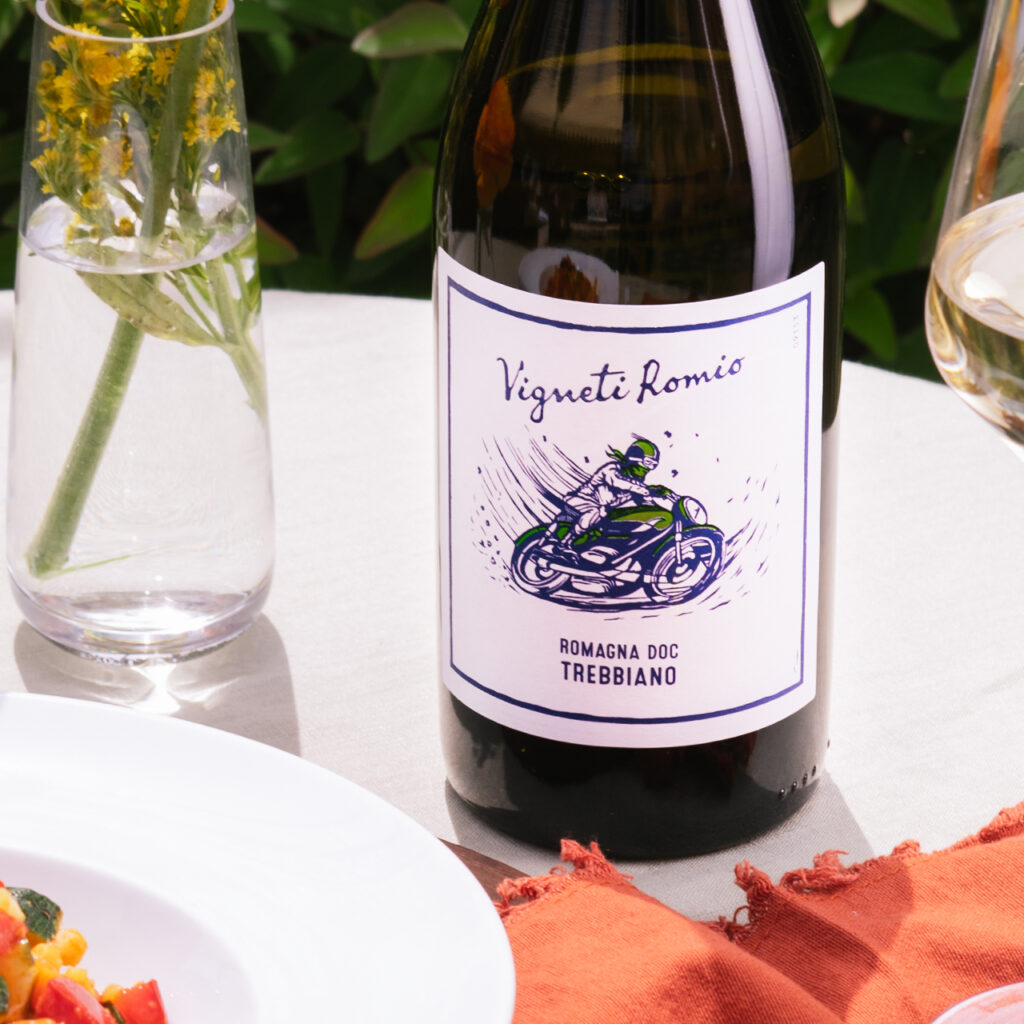
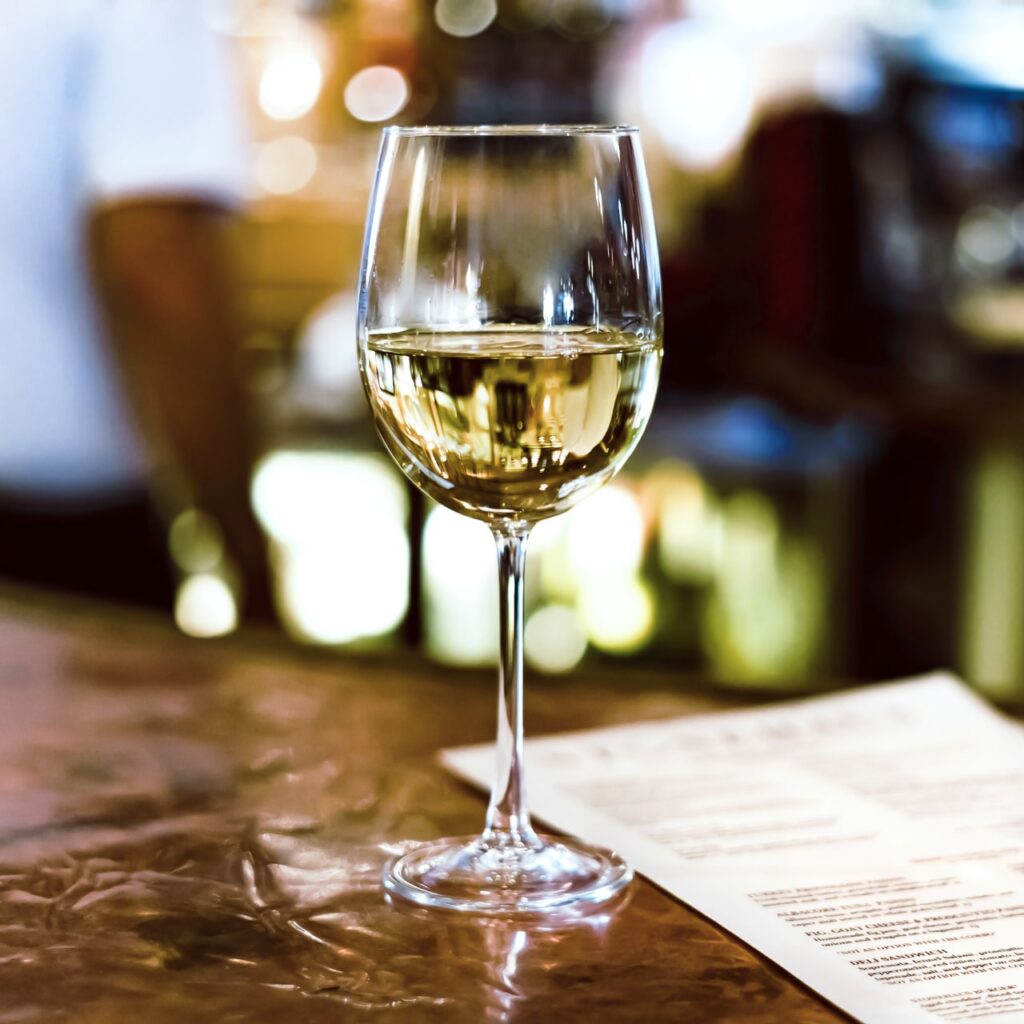
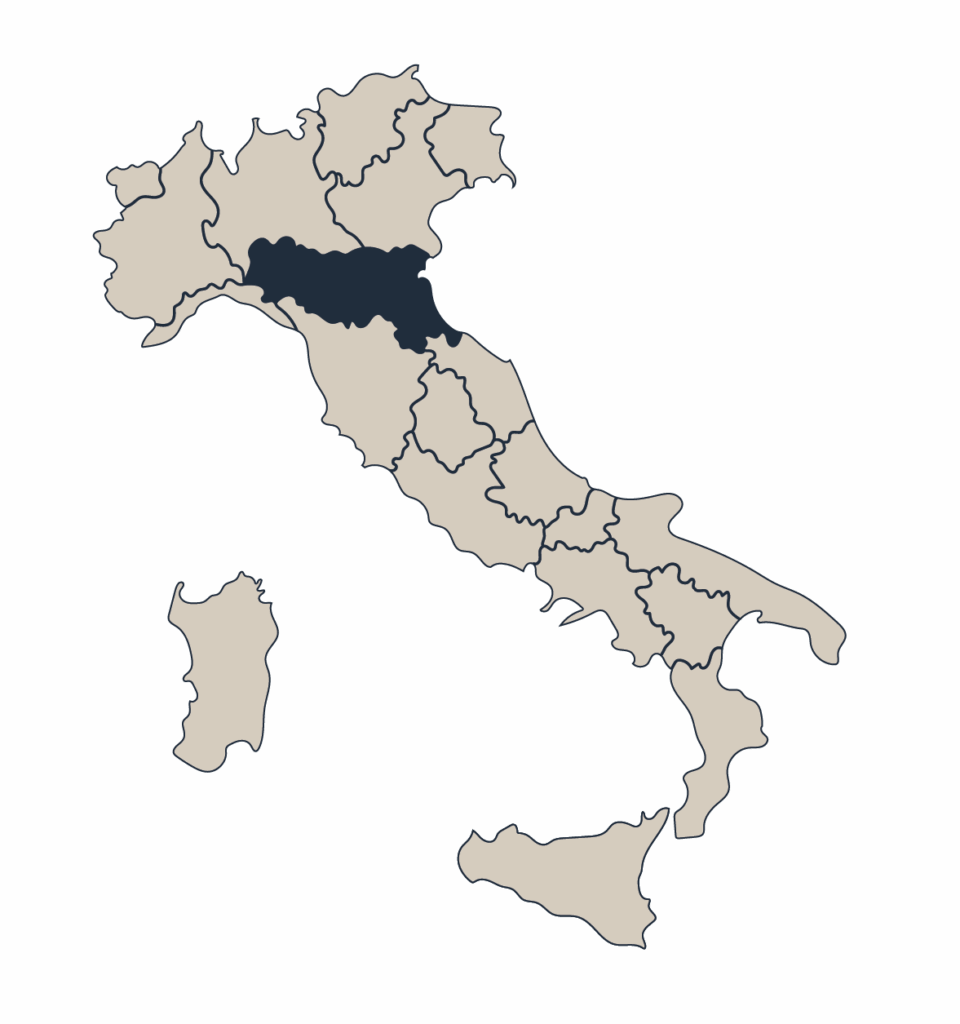
Clay, Limestone, Calcareous
Vigneti Romio Wines
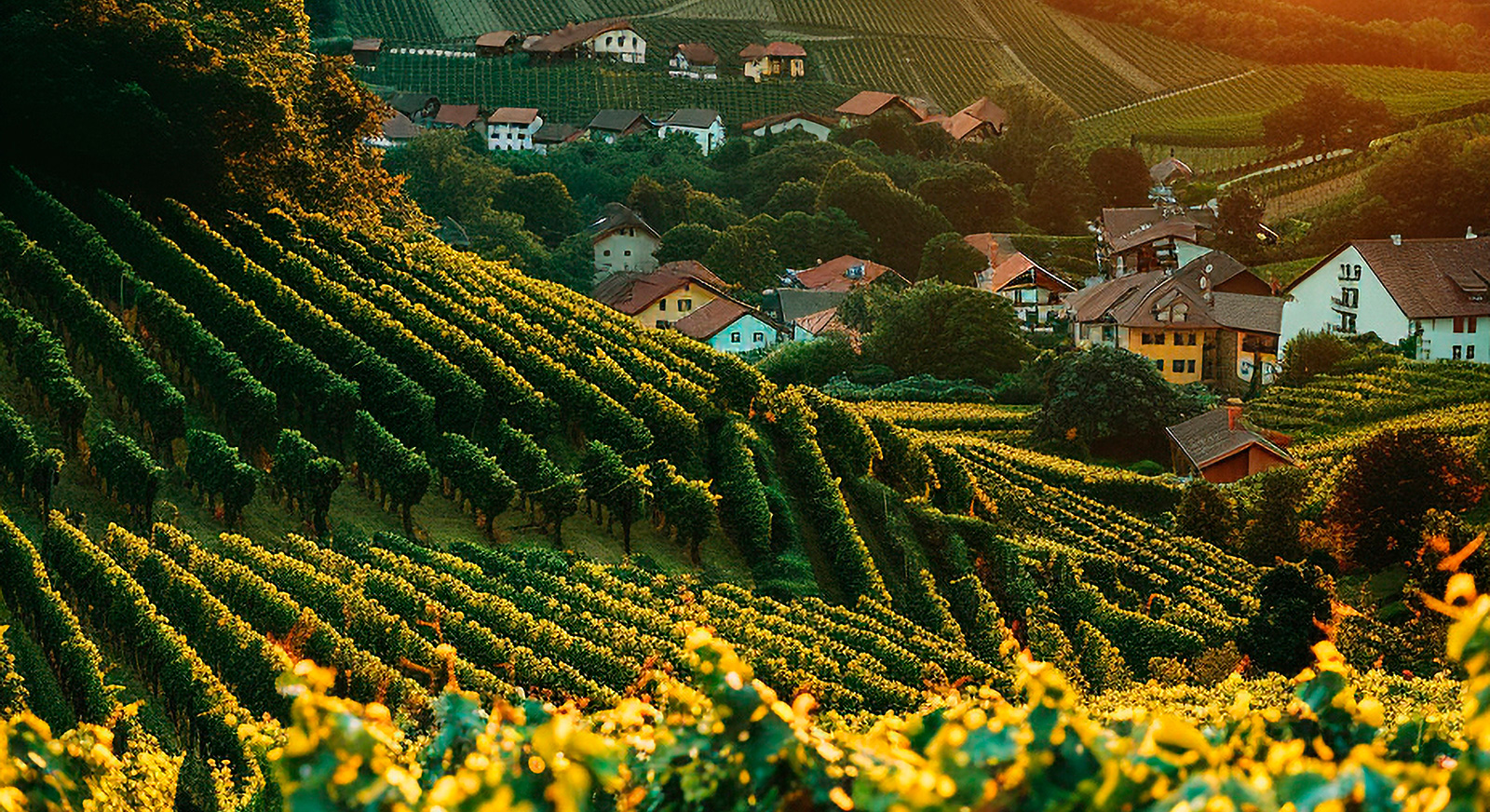
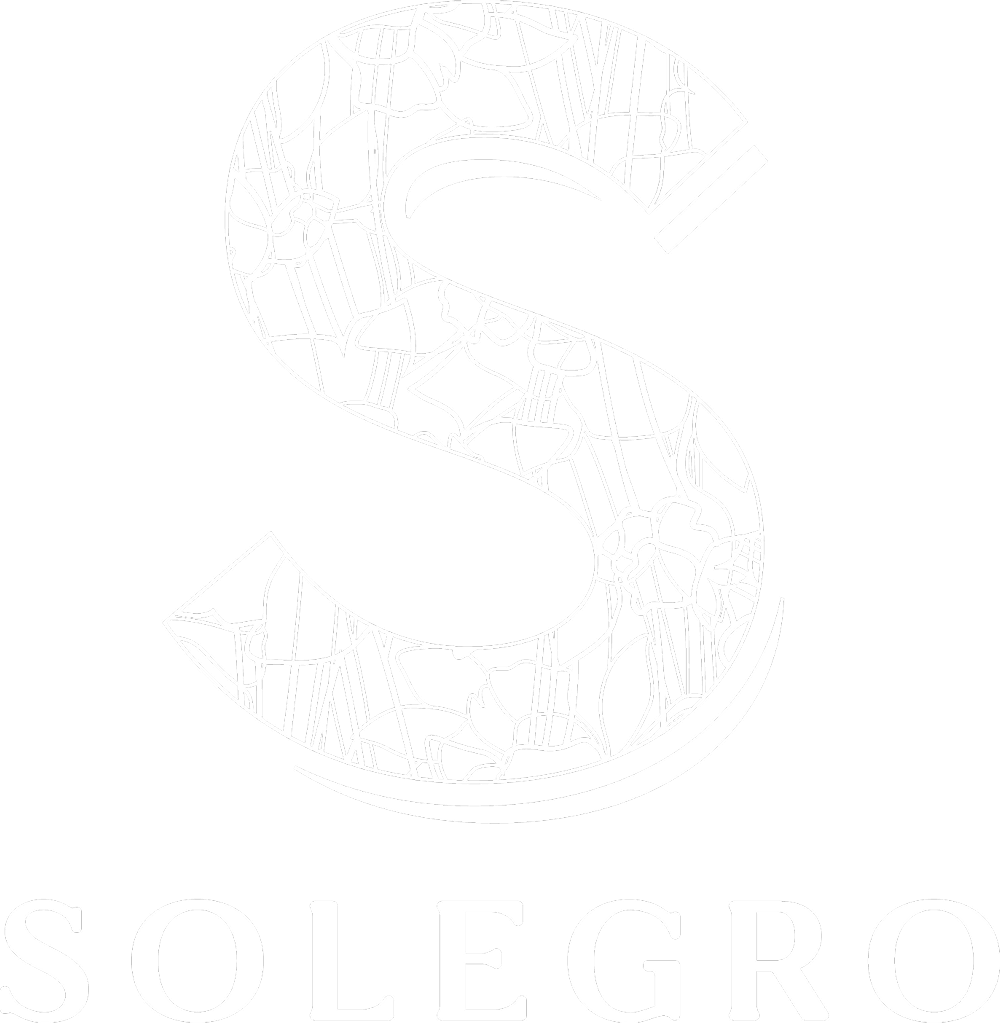
Solegro
Fun, bright, and with a little fizz, Solegro is the perfect Italian addition to brunch (did someone say mimosa?). The lineup brings easy drinking joy to your glass with lightly sparkling wines: Vino Bianco Frizzante Amabile, Vino Bianco Frizzante Secco, and Vino Rosato Frizzante Secco. The value for your dollar will have glasses ready for another pour and smiles all around the table.
Produced by Italy's leading wine group, Caviro was founded as a farming cooperative in 1966 in the heart of Emiglia-Romagna. Their mission is to enhance winegrowers’ grapes in a territory with a rich wine identity. Since their founding, the group has grown to include 13,000 winegrowers across seven Italian regions.
As a cooperative, Caviro is dedicated to sustainability with the vision of managing the land so it can be passed onto future generations. They have received leading sustainability awards, including Equalitas Certification as a sustainable wine producer (Italy’s leading certification for wine) and Premio Impresa Ambiente for best management for sustainable development, which takes into account their environmental, economic, and social impacts. 100% of the electricity used by the Caviro Group is green, self-produced from renewable sources, and certified by the Energy Resources Consortium. They are also number-one in Italy for waste water recovery. A holistic and dedicated approach to economic, social, and environmental sustainability adds even more value to a glass of Solegro.
Grab some friends and share Solegro for a fizzy Italian toast.
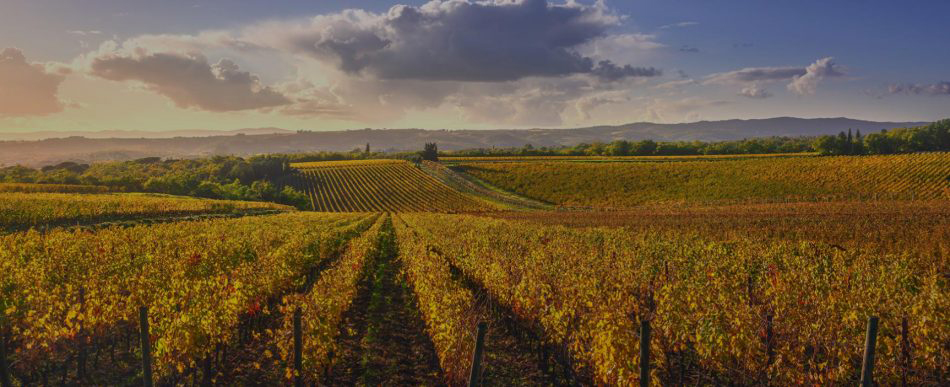
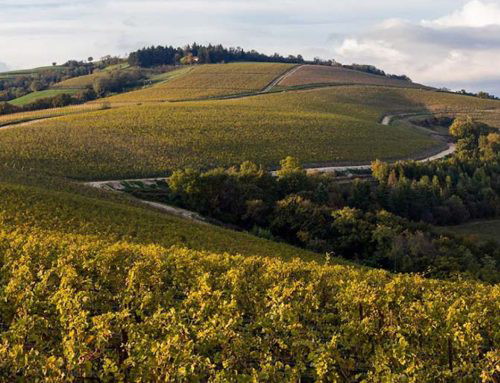

13,000 growers
1966
Traditional
Calcareous and clay soil
Solegro Wines

Florio
Premium Marsala Wine, from Marsala, Italy. Florio represents an Italian icon — from pioneering this full-flavored type of fortified wine in the 1800s to consistently producing only the highest quality Marsala. You can enjoy Italy’s #1 Marsala in so many ways, with a versatility distinct from any other wine or spirit. Savor Florio as a premium Italian flavor in food and dessert dishes, cocktails, or on its own in a neat style. Salute!
The Duca di Salaparuta Group, gathered together by the Reina family, consists of three historic wine brands (Duca di Salaparuta, Corvo, and Florio) and today constitutes the largest private wine group in Sicily. Founded in 1833 by Vincenzo Florio, the Florio Winery in Marsala looks out towards the bright sea of western, or “occidental,” Sicily. Made from the Trapani area, Grillo is a vine rich in history with characteristics that have given it the lead role in Marsala production. Marsala has been produced for more than 200 years, a famous Italian fortified wine named after the Sicilian city it belongs to.
The birth of Marsala dates back to the late 1700s when John Woodhouse, a famous English merchant, arrived on the island in search of barilla (soda ash obtained from plant sources used in soap and glass production). He was instead "conquered" by wine, bringing back 60 casks of Sicilian wine. To keep the wine good over the course of his journey, he added brandy, and thus, Marsala was born. In 1800 Admiral Horatio Nelson, considered a hero in the British navy, chose Marsala as a supply for the fleet, calling it "a wine worthy of any gentleman's table” and “a real boon [blessing] for our sailors.” A consequence of the Continental Blockade in 1807, an embargo against British trade by Napoleon Bonaparte, the Marsala trade gained favor, and many English traders landed in Sicily to produce the famous wine. Vincenzo Florio himself founded his cellar in 1833, which over the years has become a predominant reference for the production of Marsala.
Currently, the Florio cellars house around 80% of Italy's production of the real Marsala, the basis of which starts almost exclusively from the Grillo grape. In the Trapani area, located on the coastline of western Sicily, are vineyards set in the sunny countryside chosen for their hillside position near the sea. With mixed land tending to calcareous-sandy or siliceous-clayey soils, the climate is temperate with mild winters and very dry springs and summers, but with broad temperature differences. This plus proximity to the sea allows the land to avoid excessive heat and stimulate good ventilation. Grillo grapes thrive here and are carefully over-ripened in a wild landscape made of sun, wind, and sea.
After careful selection of the bunches in the field, the grapes arrive in the cellar where they are fermented in concrete tanks. At the end of fermentation, the fortification — or as Florio calls it, the "falling in love" — between alcohol and wine takes place. Finally, it is left to age in wooden barrels in the iconic Florio cellar. With micro-oxygenation techniques, controlled amounts of oxygen are added to the wine. This, along with varied kinds of oak, add personality and color to the maturing Marsala. Without air conditioning and close to the sea, unique temperature and humidity guarantee excellent aging conditions and enticing aromas. Unexpected and original, it’s space, time, and oxygen that breathe life into the rich complexity of Florio wines.
Committed to environmental, social, and economic sustainability, the Duca di Salaparuta Group is the first company in Sicily to obtain two sustainability certifications: VIVA and Equalitas. Marsala Florio falls within the DOC Marsala protected denomination, one of the oldest in Italy, which enriches the territory, supports its social fabric, and enhances Marsala consumption.
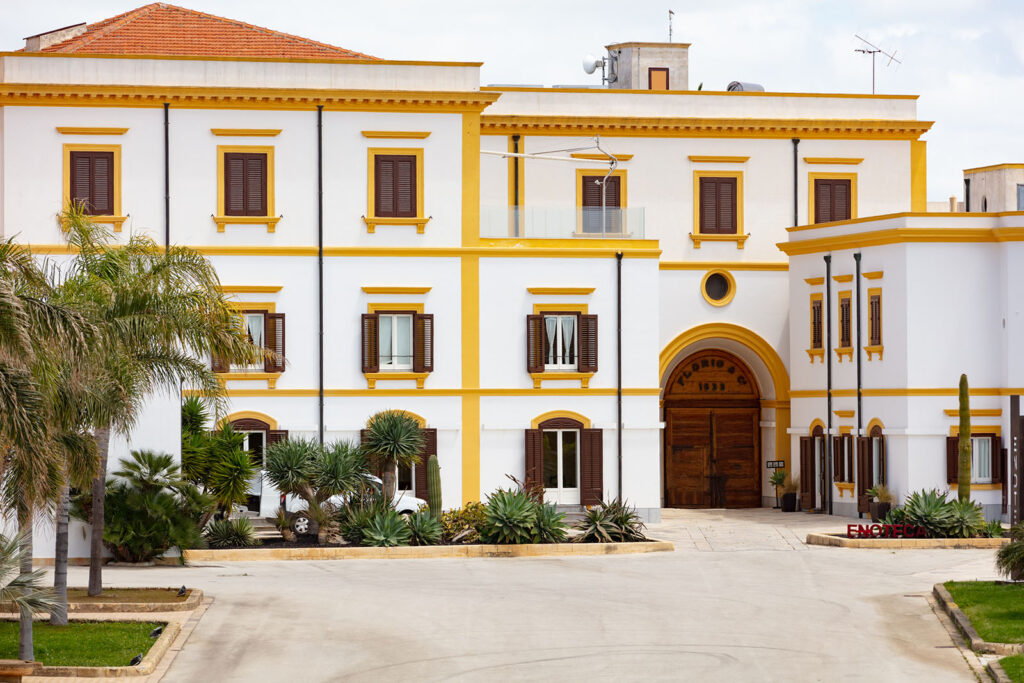
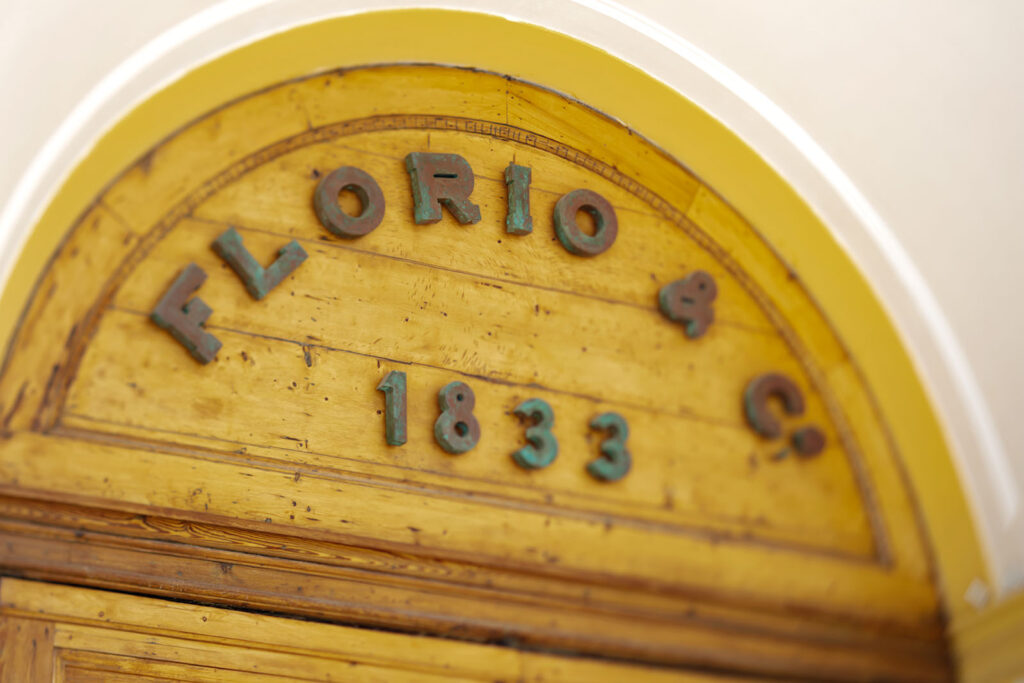

35 hectares
1833
Sustainable
Red, dry, and rich sandy soil
Florio Wines
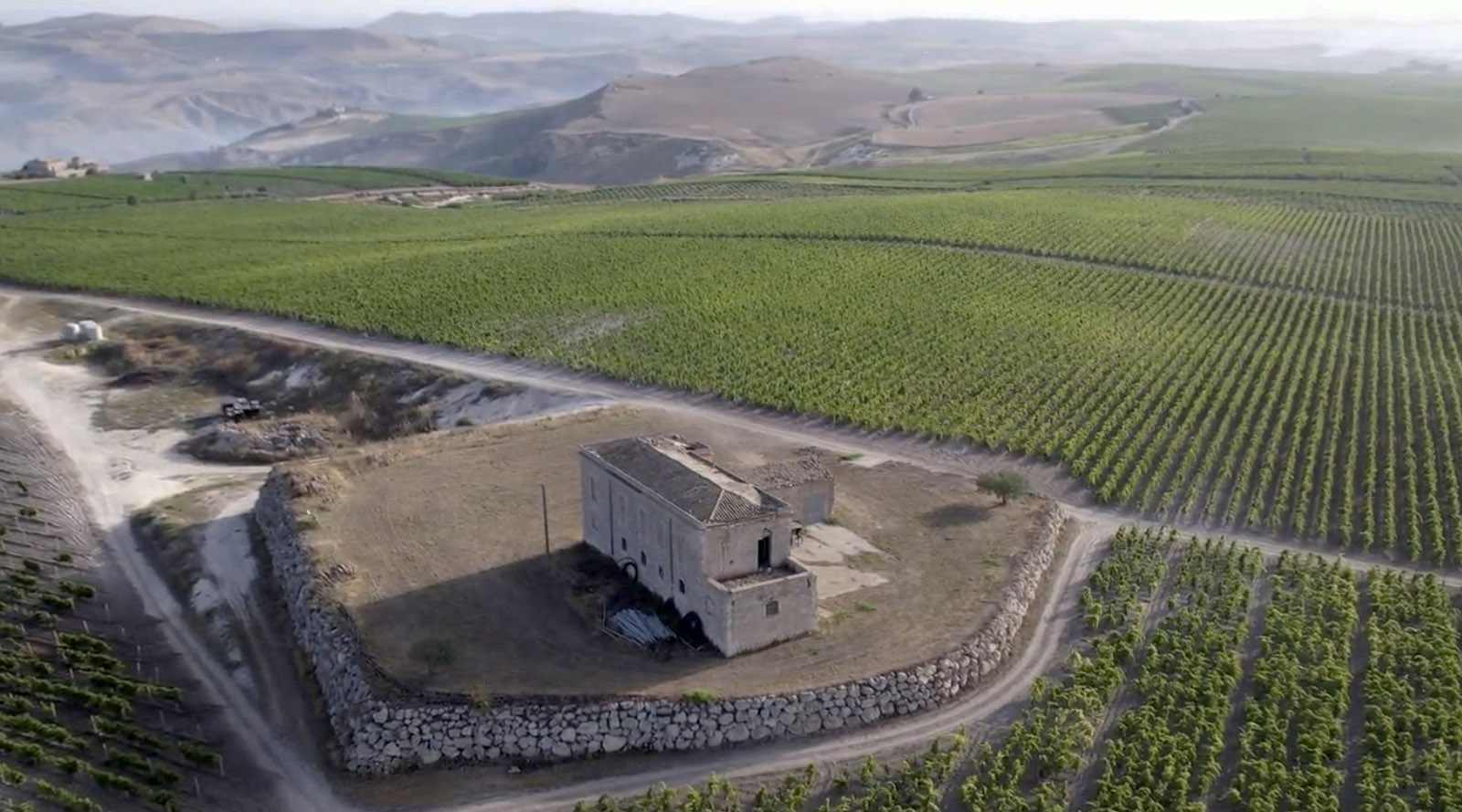

Duca di Salaparuta
The Duca di Salaparuta Group, gathered together by the Reina family, consists of three historic wine brands (Duca di Salaparuta, Corvo, and Florio) and today constitutes the largest private wine group in Sicily. Duca di Salaparuta was founded in 1824 and has been a leader in Siclian wine and innovation. In the 1800s, the wine in Sicily was big and powerful. The Duke of Salaparuta, Giuseppe Alliata, who was also Prince of Villafranca and Prince of the Roman Empire, decided to produce a delicate and elegant wine from the grapes of his own estate located in Casteldaccia, thus creating the company’s first wines. Giuseppe’s son, Duke Edoardo, focused on making wines that were more pleasurable, working in the vineyards rather than just the cellar. The rest of Sicily began to mimic this approach in the vineyards, and because of this, the wonderful wines of Sicily have grown into what is now their world stage. With a third generation, Duke Enrico followed in his family’s footsteps and his studies were the basis for what is currently their most iconic product, Duca Enrico, whose first vintage was bottled in 1984. When the Sicilian wine landscape was represented by cheap wines, Duca Enrico represented a revolution in Sicilian wine history.
Duca di Salaparuta makes wine across three different Estates: Vajasindi Estate, Suor Marchesa Estate, and Risignolo Estate. The Vajasindi Estate in northeastern, or “north oriental,” Sicily is located on the slopes of Mount Etna on the side of the Alcantara valley. With 21 hectares of land divided into two terraces sitting at 700 meters and 620 meters above sea level, its position on the northern slopes of the volcano foster a unique microclimate: cold and snowy winters, cool springs, and dry summers. Soft, porous soils due to small pumice stone provide high draining capacity.
The Suor Marchesa Estate is in the Riesi area in central, southern Sicily, sitting on a gentle hill with wind exposure where the summers are very hot and the winters mild and short. With 127 hectares of vineyards, Nero d'Avola has been cultivated for centuries in this area. Chosen for its southern exposure, excellent ventilation and sunlight, and limestone soil composition, the grapes receive full ripeness, rich scent, and increased longevity.
The Risignolo Estate located in western, or “occidental,” Sicily in Salemi is 35 hectares of vineyards set in the sunny countryside chosen for its hillside position sitting between 300 and 350 meters above sea level. With mixed land tending to calcareous-sandy or siliceous-clayey soils, the climate is temperate with mild winters and very dry springs and summers, but with broad temperature differences. This plus proximity to the sea allows the land to avoid excessive heat and stimulate good ventilation.
Committed to environmental, social, and economic sustainability, the Duca di Salaparuta Group is the first company in Sicily to obtain two sustainability certifications: VIVA and Equalitas. The Duca di Salaparuta wine brand is truly a style icon choosing quality and naturalness created through a vigor for innovation and a bond with the terroir.
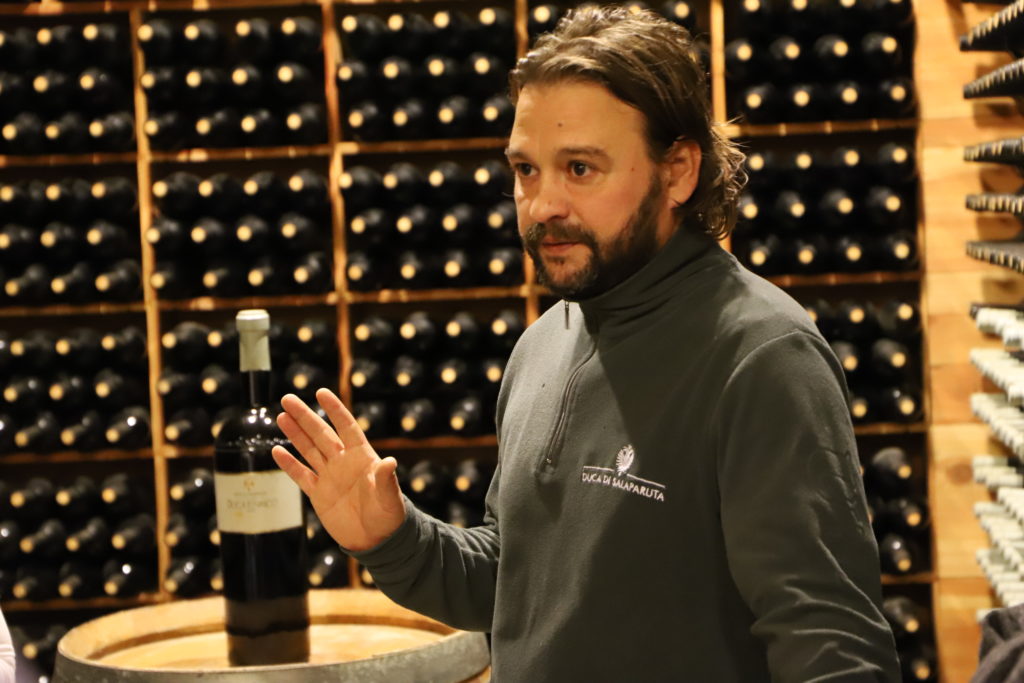


183 hectares
1824
Sustainable
Calcareous, Silice, Clay, and Volcanic Soils
Duca di Salaparuta Wines
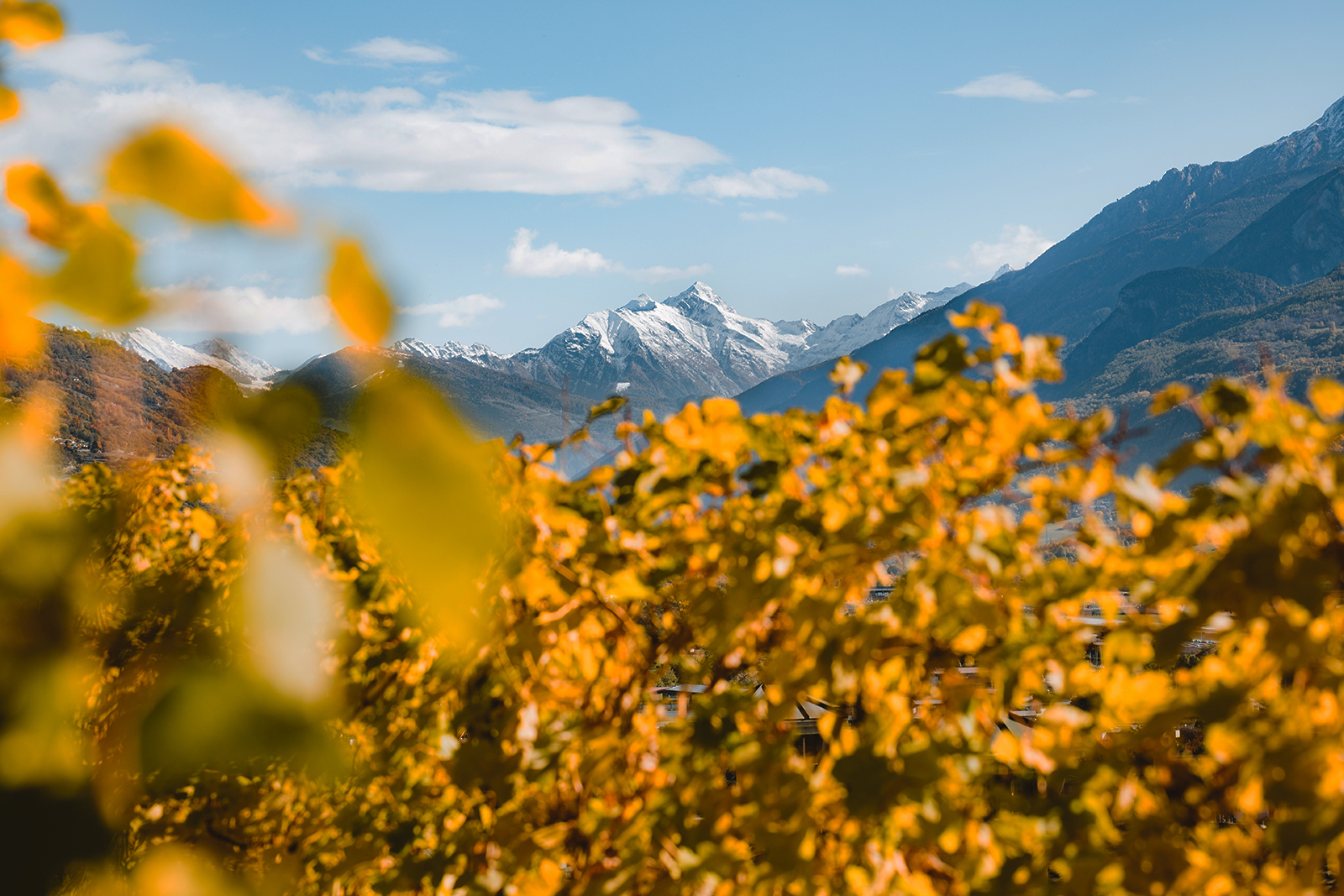
Ottin
Ottin was founded by Elio Ottin in 1989, who at the age of 23 acquired his first plots of land between the municipalities of Quart and Saint-Christophe. He was handed rough, steep terrain with coarse-grained soil, but with a passion for farming he revived the land to unearth minerals and sandy soils that now create the hallmark terroir of these Valdostan mountain wines. With a deep-rooted belief that the farmer is a scholar of the earth and someone who gives life, Ottin very much grew from “the fruit of a passion.”
In 1999, Ottin’s passion led to the expansion of 13 hectares of farmland — 4 ha of vineyards, 4 ha of apple orchards, and 5 ha of grazing land — with an additional 3 hectares acquired in 2014. In 2007, his dreams came true and he produced his first vintage of wines, totaling 30,000 bottles that included three types: Petite Arvine, Pinot Noir, and Torrette Superieur. The vineyards are located 650-700 meters above sea level with south-facing exposure and vines (planted between 1990 and 2014) trained on guyot with a density of 8,000 vines per hectare.
The following years he added Fumin (a native monovarietal wine) and in 2011 Nuances, a selection of Petite Arvine vinified in large neutral oak barrels. The Fumin vineyards, planted in 2006, are located at 700 meters in altitude with south-facing exposure, and also trained on guyot.
A system pivoting around the environment rather than the land, Ottin’s energy is produced by 100% renewable sources with electricity coming from both mountain stream water and solar panels, and heating systems powered by solar panels and vegetation biomass plants (woodchip and woodland timber). In addition, the vineyards are fertilized exclusively with manure from their own cows. In every sip, Ottin wines communicate a history that reflects enrichment, belief in the land, and its producer’s personality.
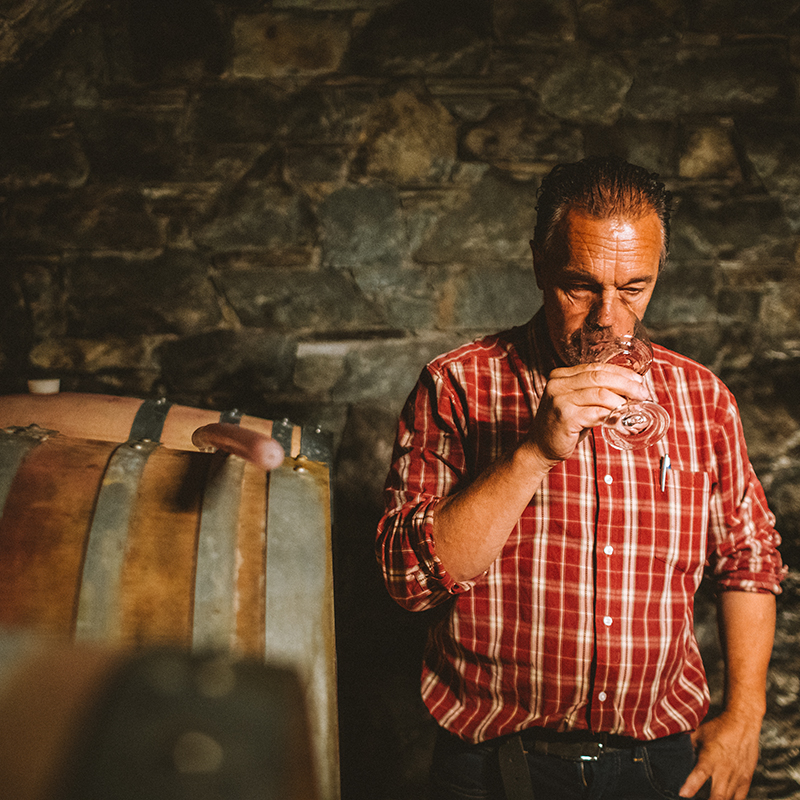
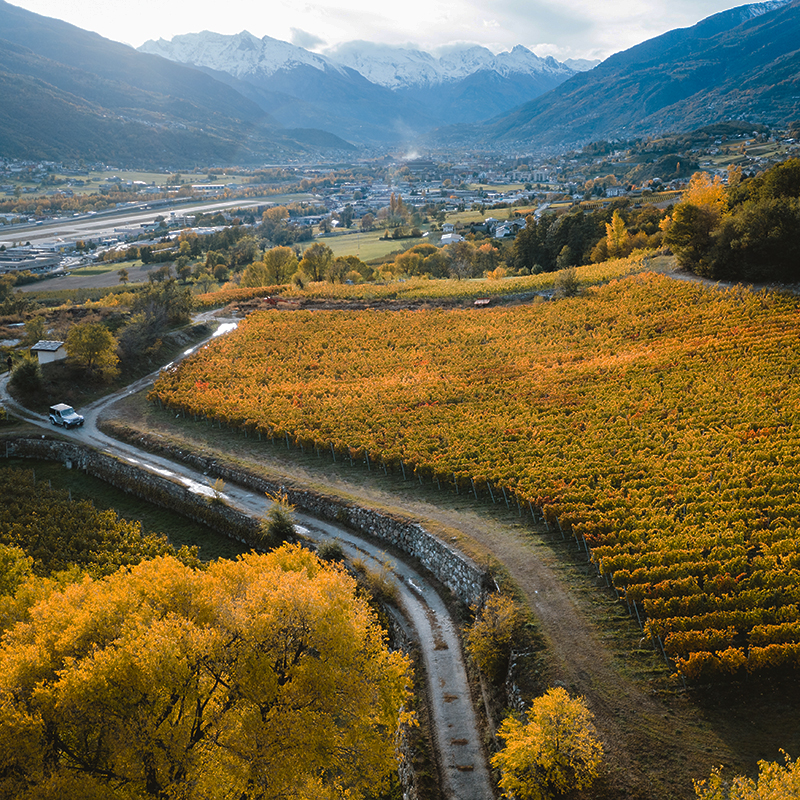
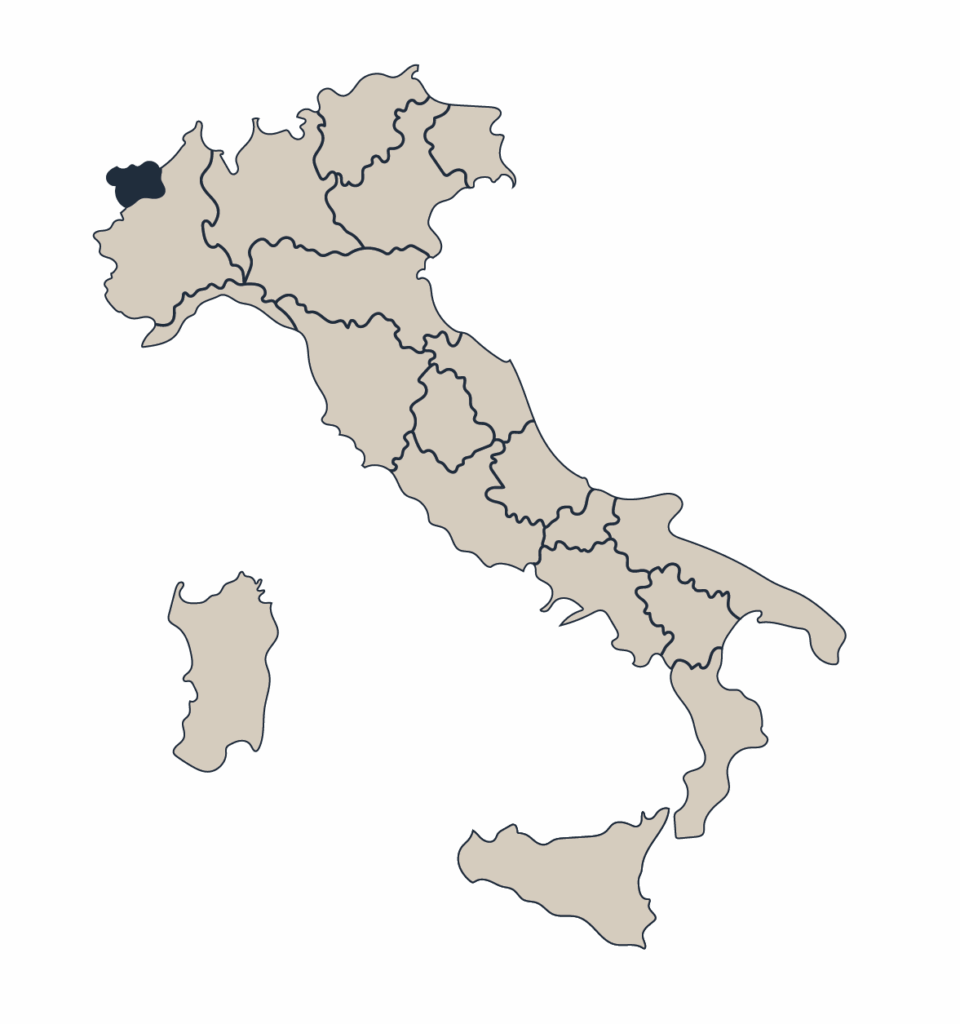
16 hectares
1989
100% Renewable Energy
Sandy soils
Ottin Wines
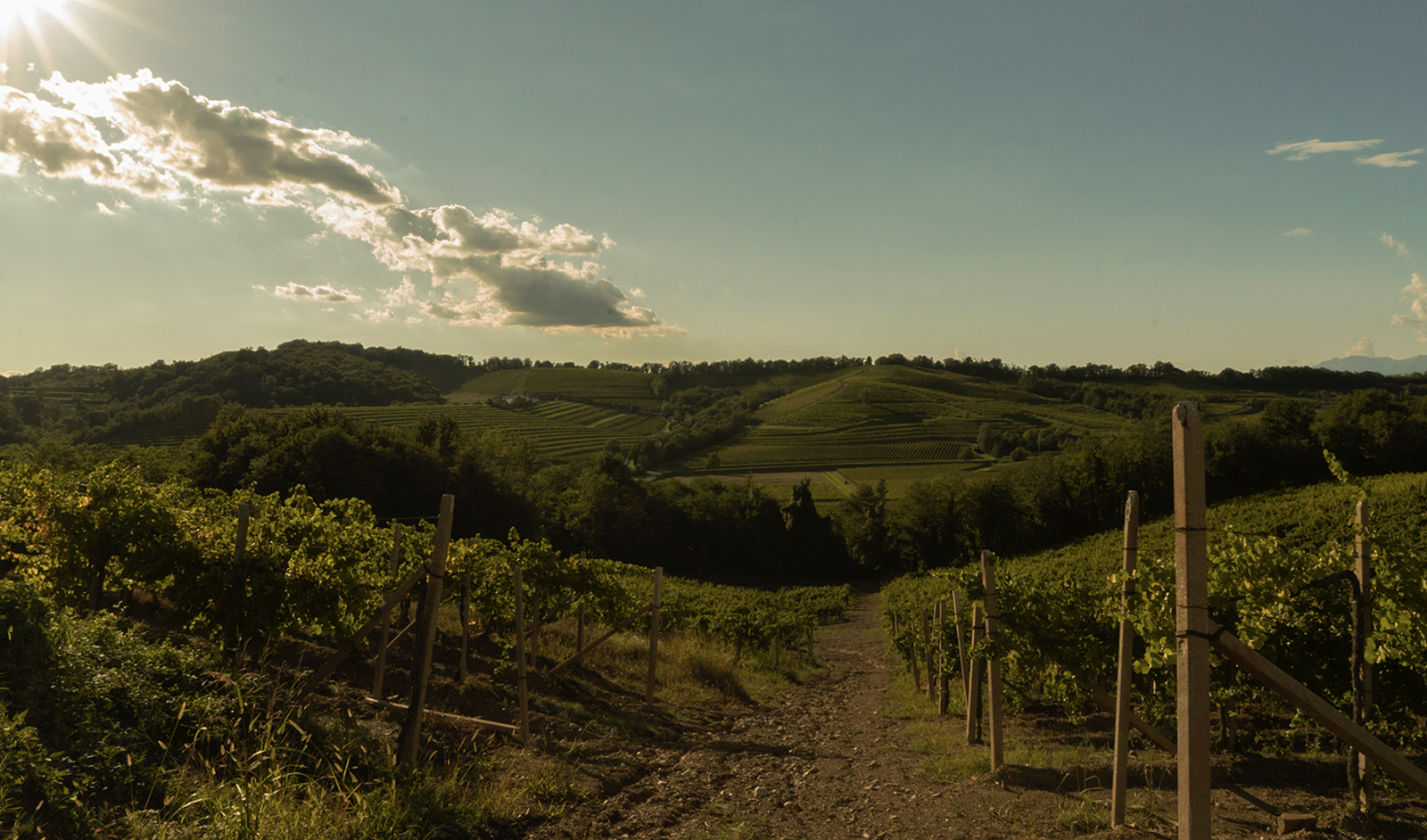

Tenuta Sant’ Helena
Fantinel was founded in 1969, when restaurateur and hotelier, Paron Mario Fantinel, acquired his first vineyards in the Collio area of northern Friuli. With now the third generation represented by Marco, Stefano, and Mariaelena, what started as a small agricultural company has become an internationally prestigious winery and ambassador of Friulian wine-making throughout the world. The philosophy of Fantinel is to employ passion, tradition, and innovation through a close bond with the origins and ancestral wisdom of Friuli, producing wines that embrace excellence and offer real emotions that convey the authenticity of the land.
Fantinel comprises a stunning lineup: beautiful sparkling wines, Borgo Tesis, the distinct estate of Tenuta Sant’Helena, and the crown jewel La Roncaia. Gaining success in over 90 countries at top-level, prestigious restaurants and specialized shops, Fantinel’s rapidly growing success is confirmed by remarkable reviews received by international press.
With over 300 hectares of vineyards divided into the renowned DOC Grave, Prosecco, and Collio zones, these unique terroirs and privileged areas with microclimates are ideal for the best maturation of the fruits and the highest expression of each vine variety, especially the valuable indigenous grapes. In addition, the Fantinel concept of wine-making includes the investments in cutting-edge technological solutions bolstering production with an environmentally sustainable approach — from the revolutionary fertilisation-irrigation system and the clonal selections in laboratory, to the advanced system of thermoregulation of steel tanks and the immense propriety of precious wood barrels. Fantinel’s “a-viticulture” features vines that grow according to natural rhythms, on the basis of the respect of the plant vegetative cycle and balance, giving birth to rich fruits and, naturally, to majestic wines.
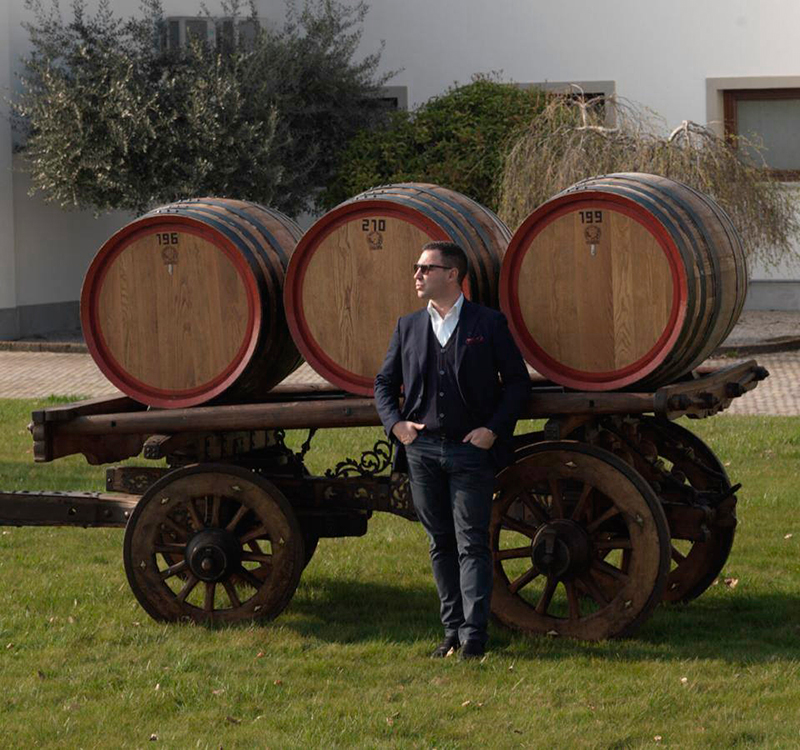
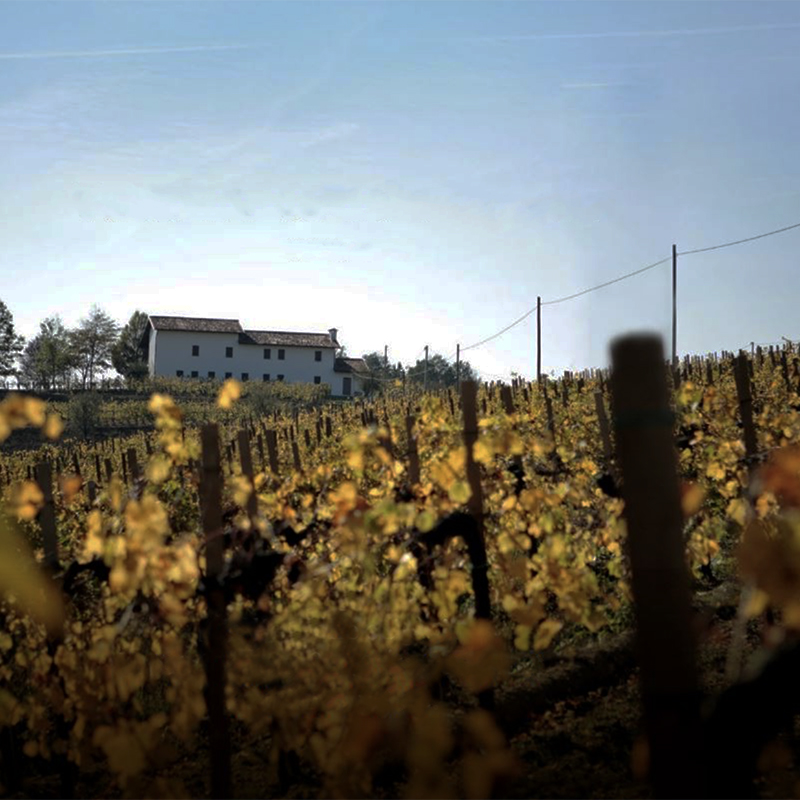

300 hectares
1969




